-
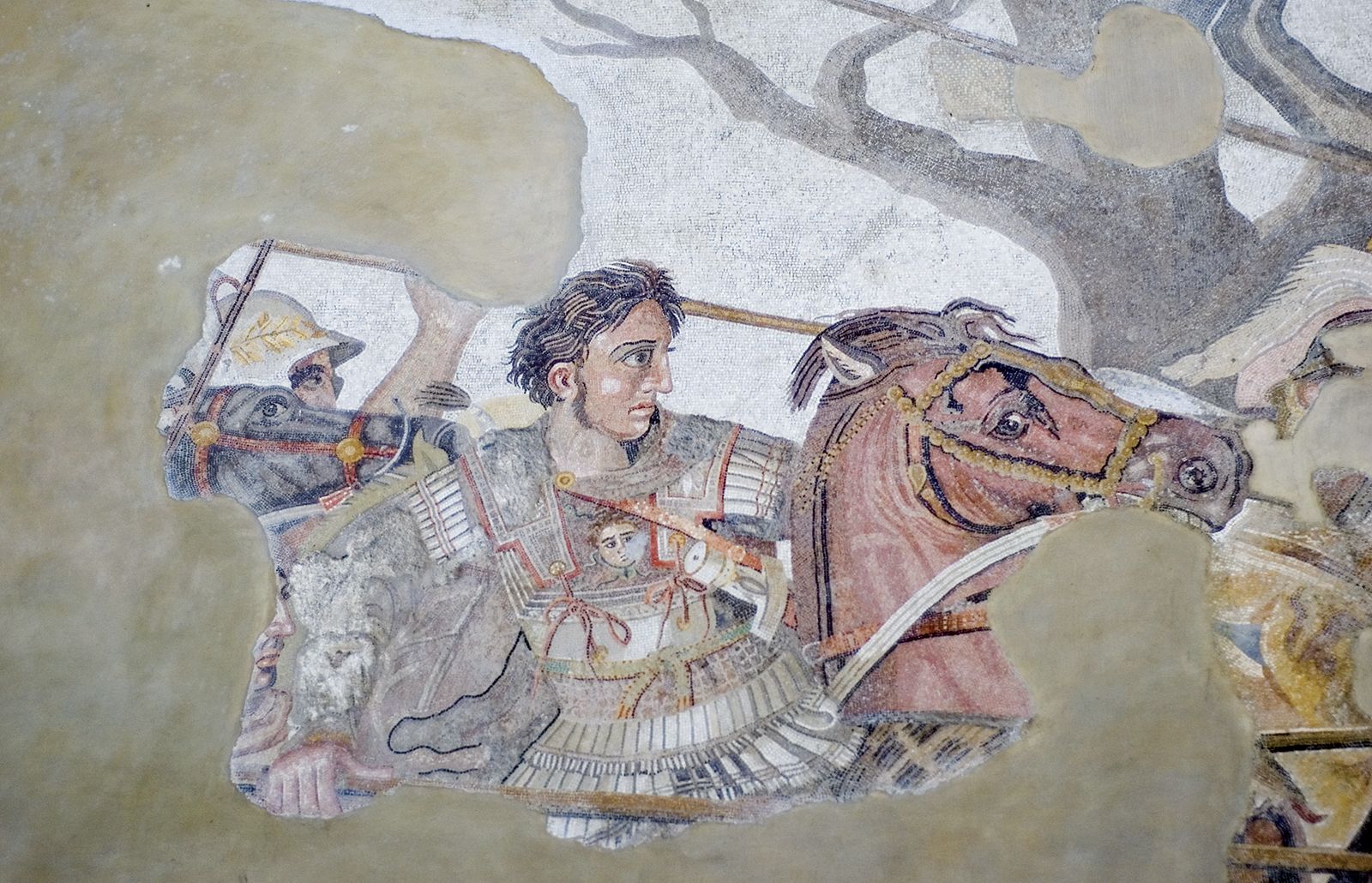
Macedon and The Achievements of Alexander the Great | The Greeks
Philip’s son, Alexander III (the Great), belongs to legend as much as to history. Only twenty when he came to the throne, he loved war, politics, athletics, alcohol, poetry, medicine, and science. Within a dozen years he led his armies on a series of triumphant marches that won for Macedon the largest empire yet created…
-
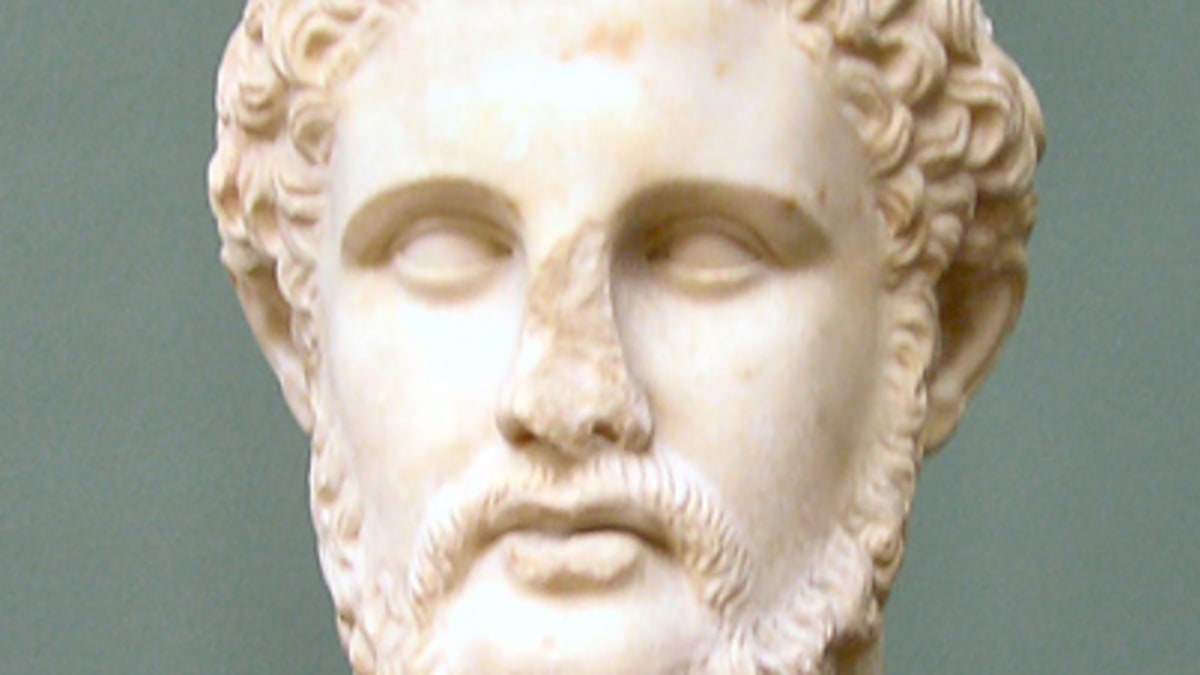
Macedon and The Achievements of Philip II | The Greeks
In 359 B.C., a prince of the ruling house, Philip, became regent for his infant nephew. Having lived for three years as a hostage in Thebes, Philip understood Greek affairs. He applied Theban military principles to his army and led it in person. After defeating the Illyrians and other rivals for power within Macedon, Philip…
-
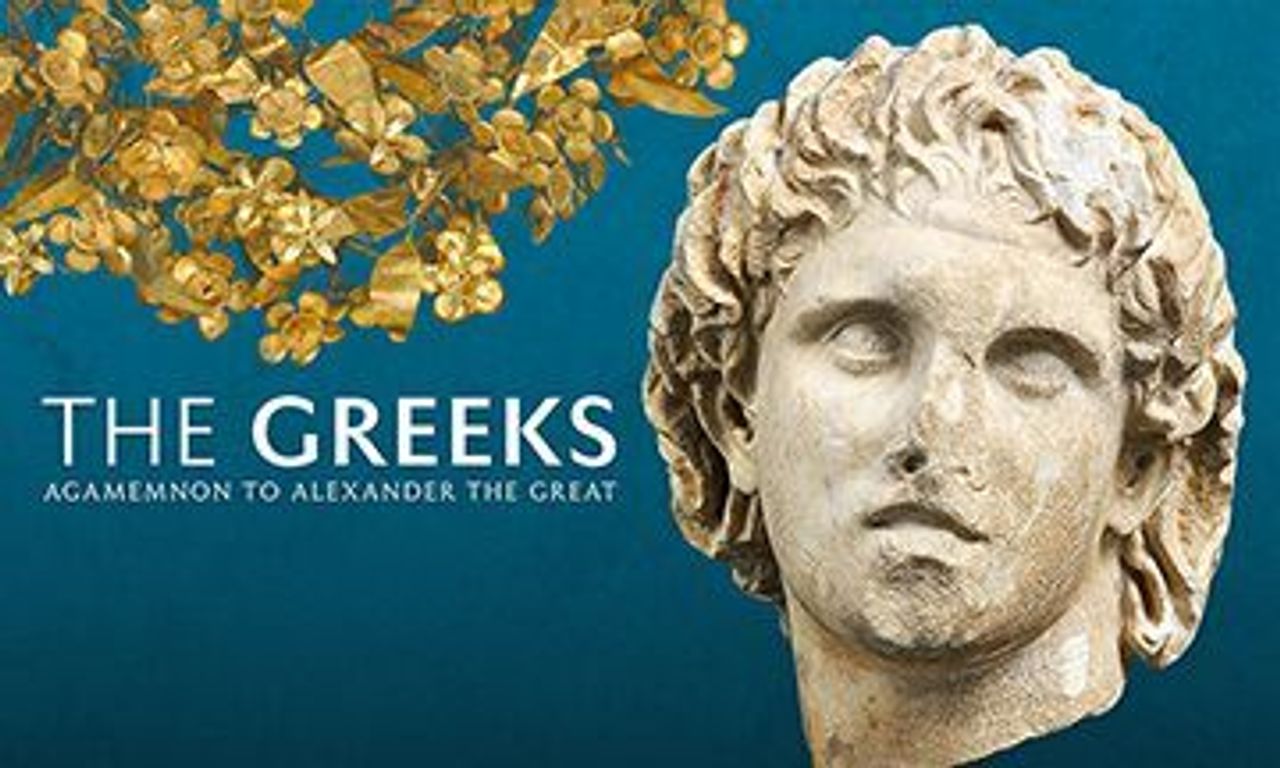
Macedon | The Greeks
North of Thessaly and extending inland into what is today Yugoslavia and Albania lay the kingdom of Macedon, with a considerable coastline along the Aegean. The Macedonians were a mixture of peoples including some of Greek origin; they were organized into tribes, worshiped some of the Greek gods, and spoke a Greek dialect that other…
-
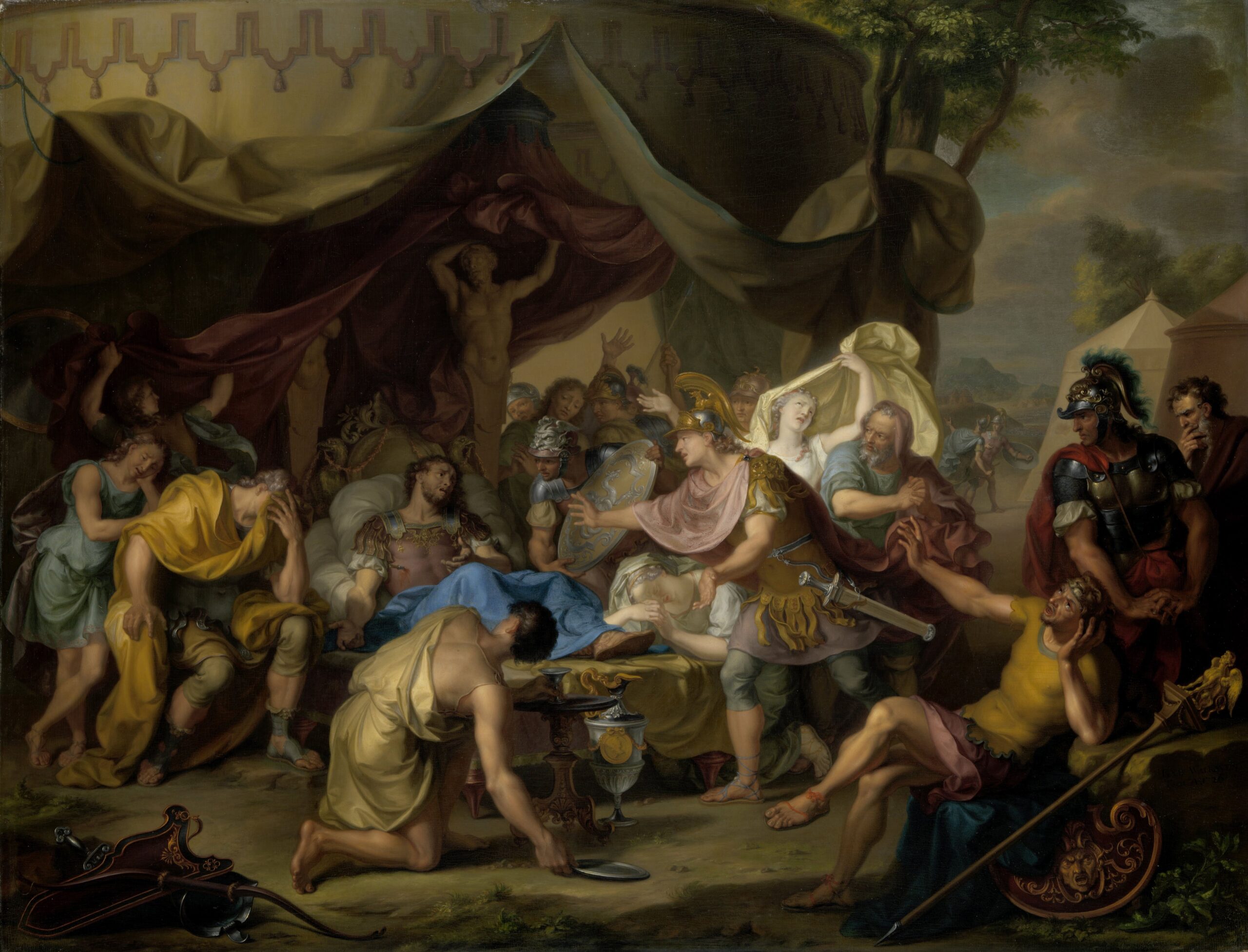
Thebes Rises to Leadership | The Greeks
Raising money from their allies and hiring mercenaries to intimidate all resistance, the Spartans systematically disciplined and punished the cities that dared resist, seizing Thebes in 382 B.C. and breaking their promise to respect the autonomy of the Greek cities. A group of Theban democratic exiles conspired to overthrow the pro-Spartan regime there, and when…
-
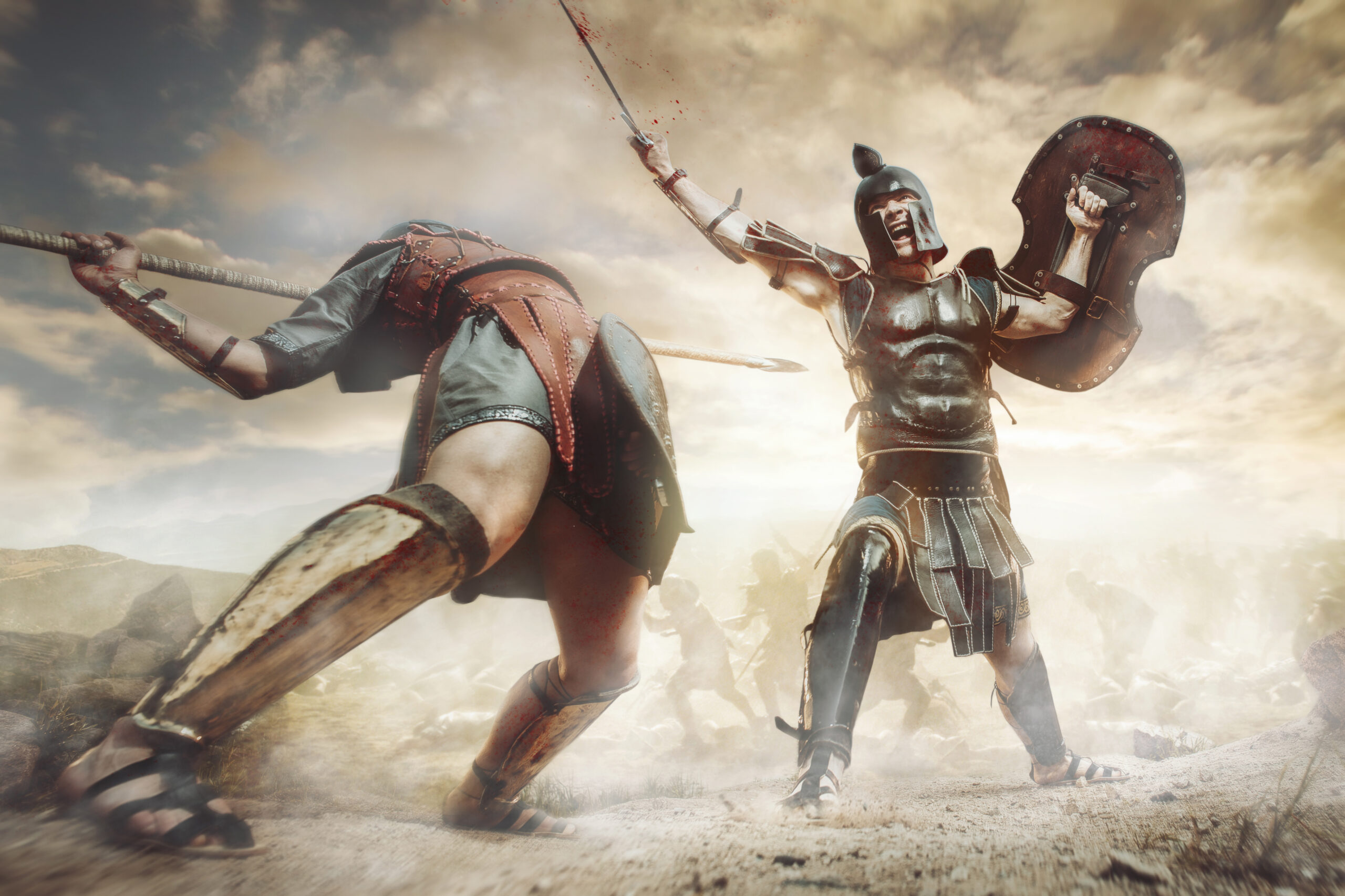
Spartan Domination | The Greeks
The Spartans found themselves dominant in a Greece where polis was suspicious of polis and where, within each polis, faction disputed with faction. From Ionia, the Persians loomed once more as a threat to the Greek world. By midcentury, the new state of Macedonia in the north menaced the Greeks. Perhaps wiser or more vigorous…
-
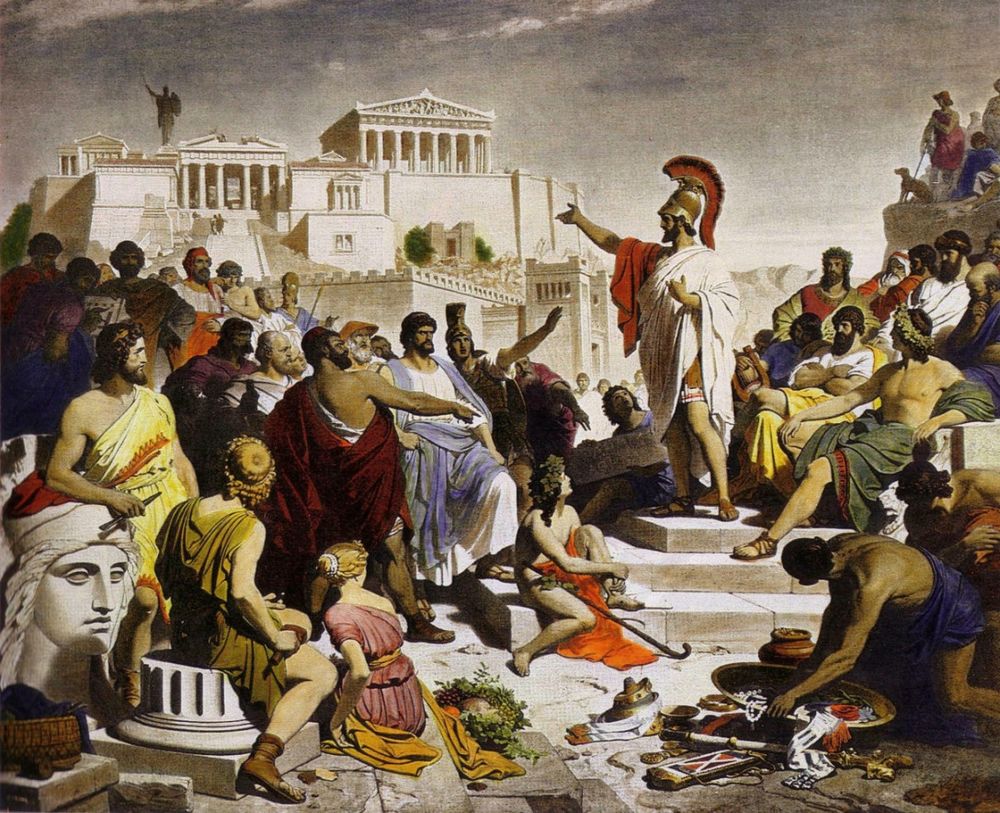
Pericles’ Oration
From the hand of Thucydides, the historian of the Peloponnesian War, we have an account of Pericles’ famous speech, delivered in the winter of 431 B.C., exhorting the Athenians to greater efforts by describing the ideal of an imperial democracy:
-
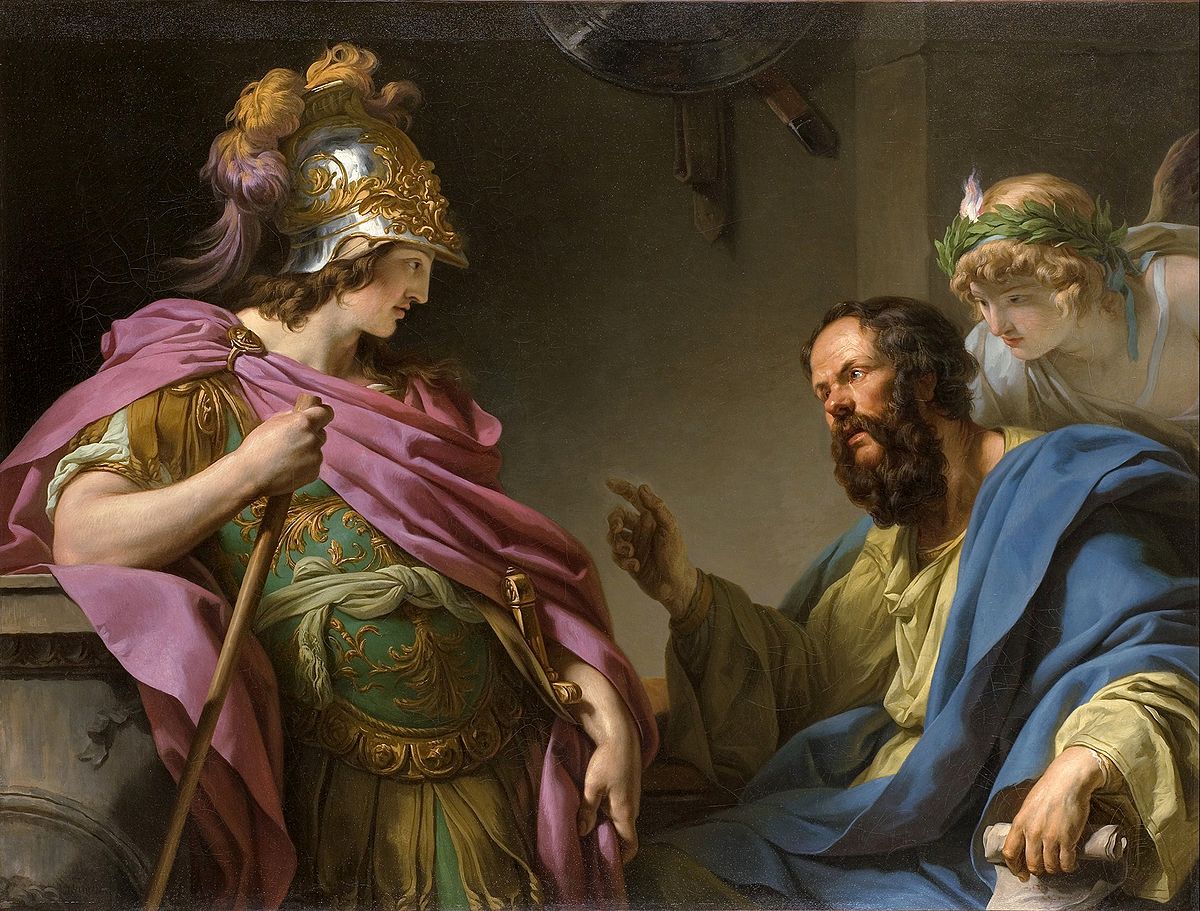
Alcibiades and Failure | The Greeks
The peace officially lasted only five years (421-416 B.C.), years that saw the gradual rise to eminence in Athenian politics of Pericles’ cousin, Alcibiades, a brilliant, ambitious, dissolute, and unstable youth, who initially succeeded the demagogic Cleon as leader of the lower-class war party against the restrained and unglamorous Nicias. During that time Athens underlined…
-
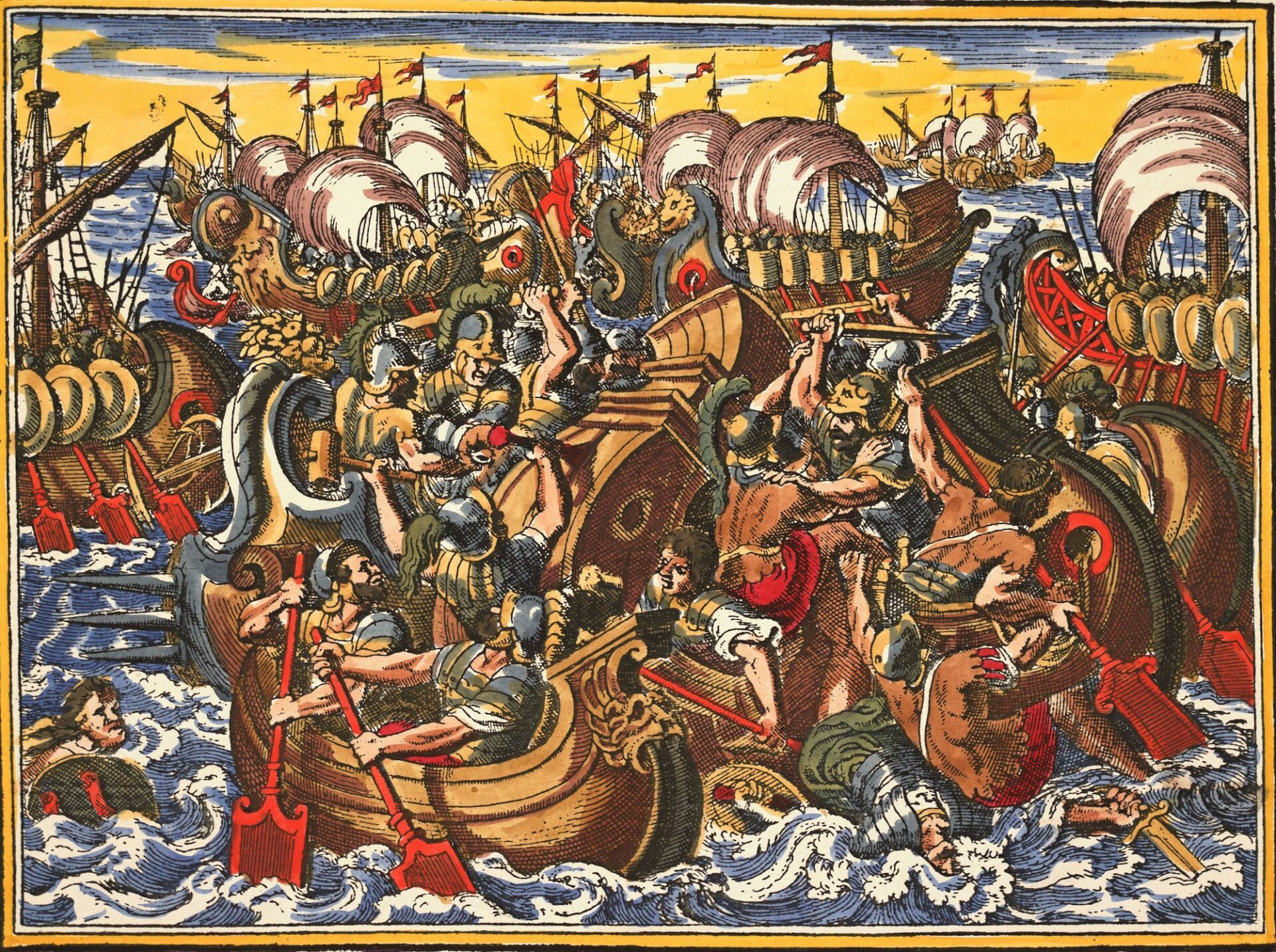
The Second Peloponnesian War | The Greeks
The First Fifteen Years, 431-416 B. C. A growing number of incidents in which Athenians ruthlessly asserted their power alarmed the Spartans; if they did not fight soon, they feared. they might not be able to win. They tried to force the Athenians to make concessions, but Pericles, with the support of the assembly, said…
-
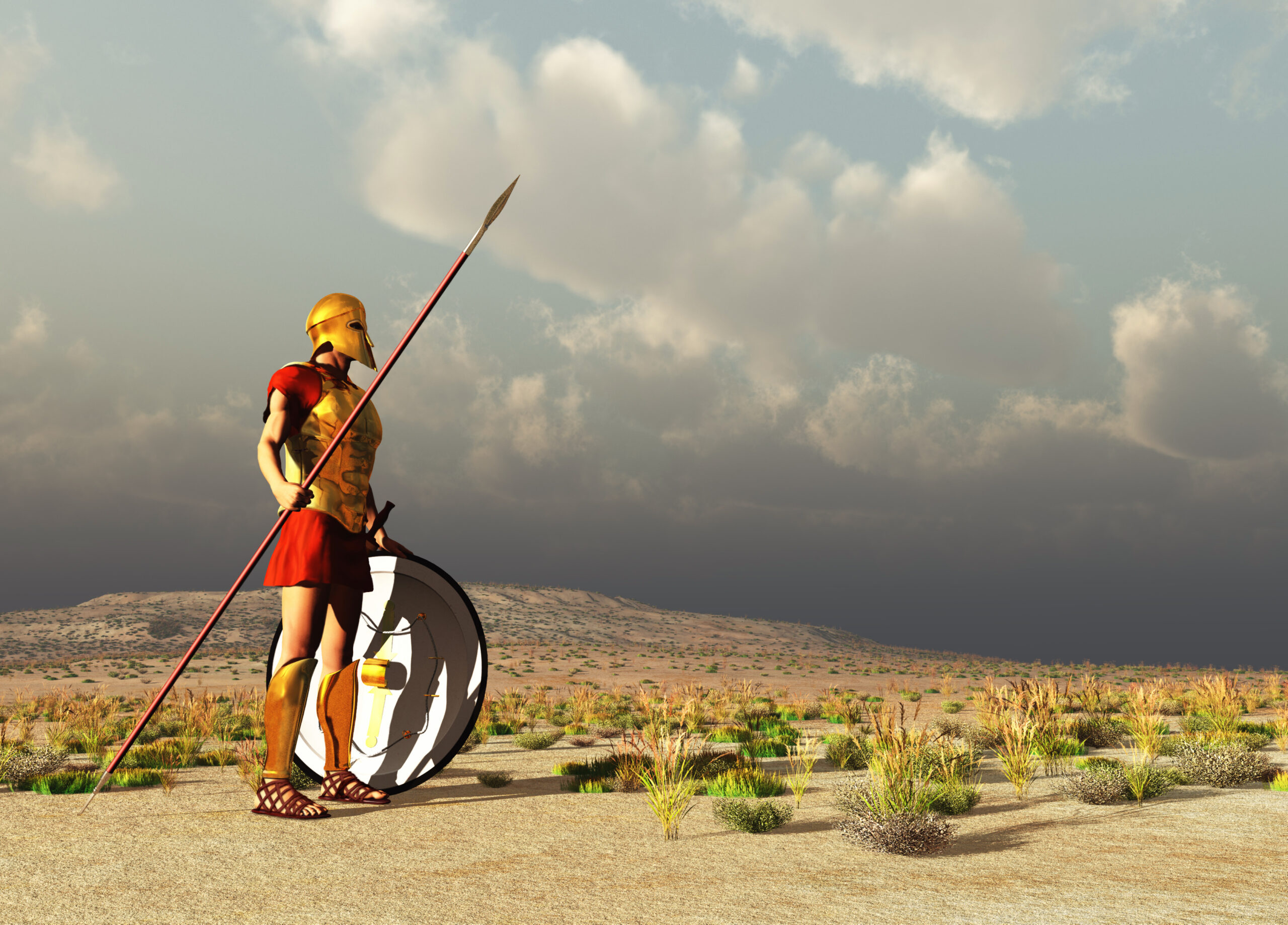
From Alliance to Empire | The Greeks
In fact, Pericles was gradually turning the Athenian alliance into an empire, with subject members providing the money for Athens, which would defend them all and would be able to challenge Sparta. In 454 the treasury of the alliance was moved from Delos to Athens. During a truce in the first Peloponnesian War with the…
-
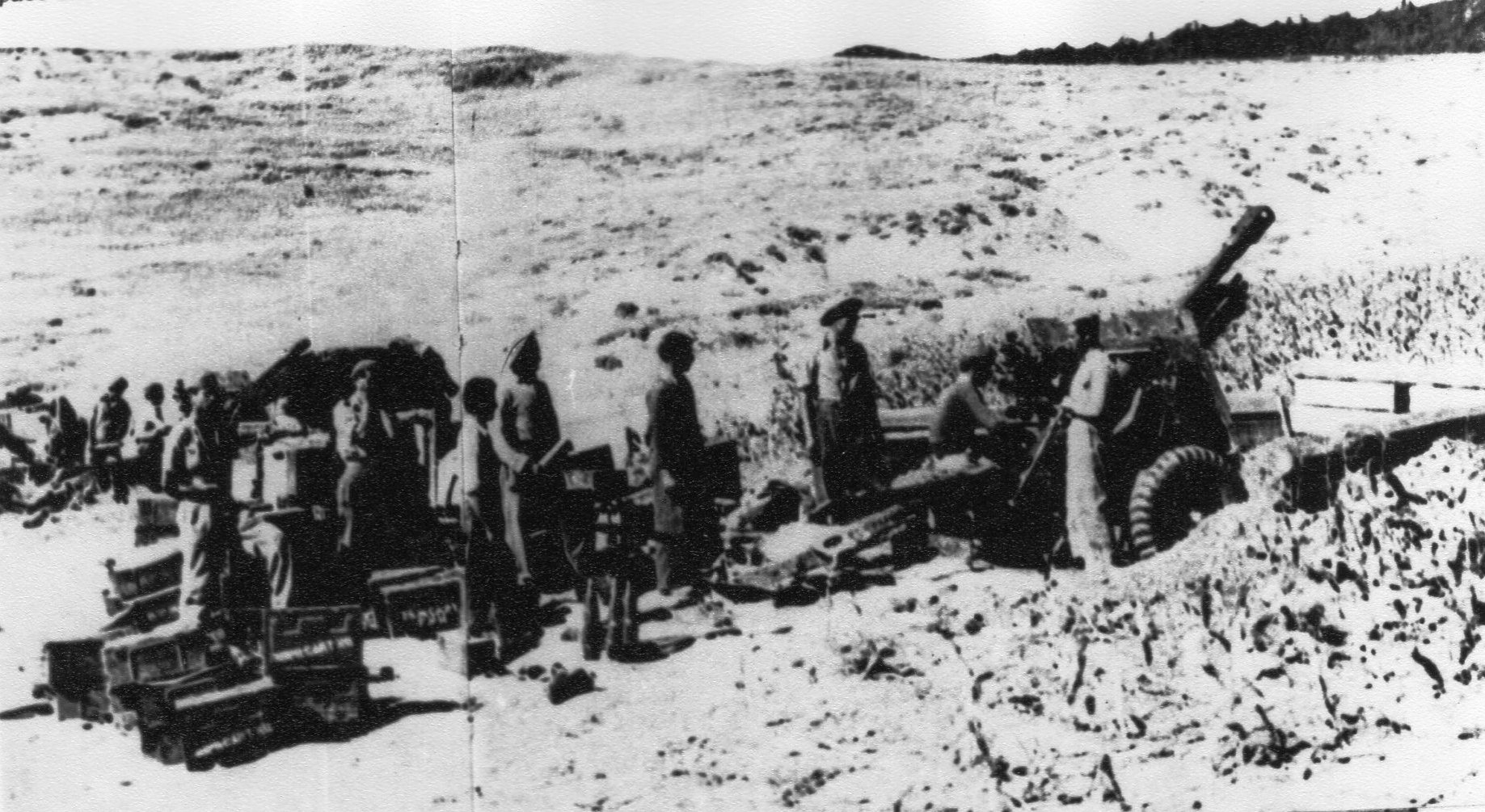
Postwar Reorganization | The Greeks
It was Athens, after 478 the strongest naval power, that organized the new Greek alliance, designed to liberate the Ionian cities still subject to Persia and to maintain the defenses. Athens contributed most of the ships, while the other cities were assessed contributions in both ships and money. Since the treasury of the alliance was…
-
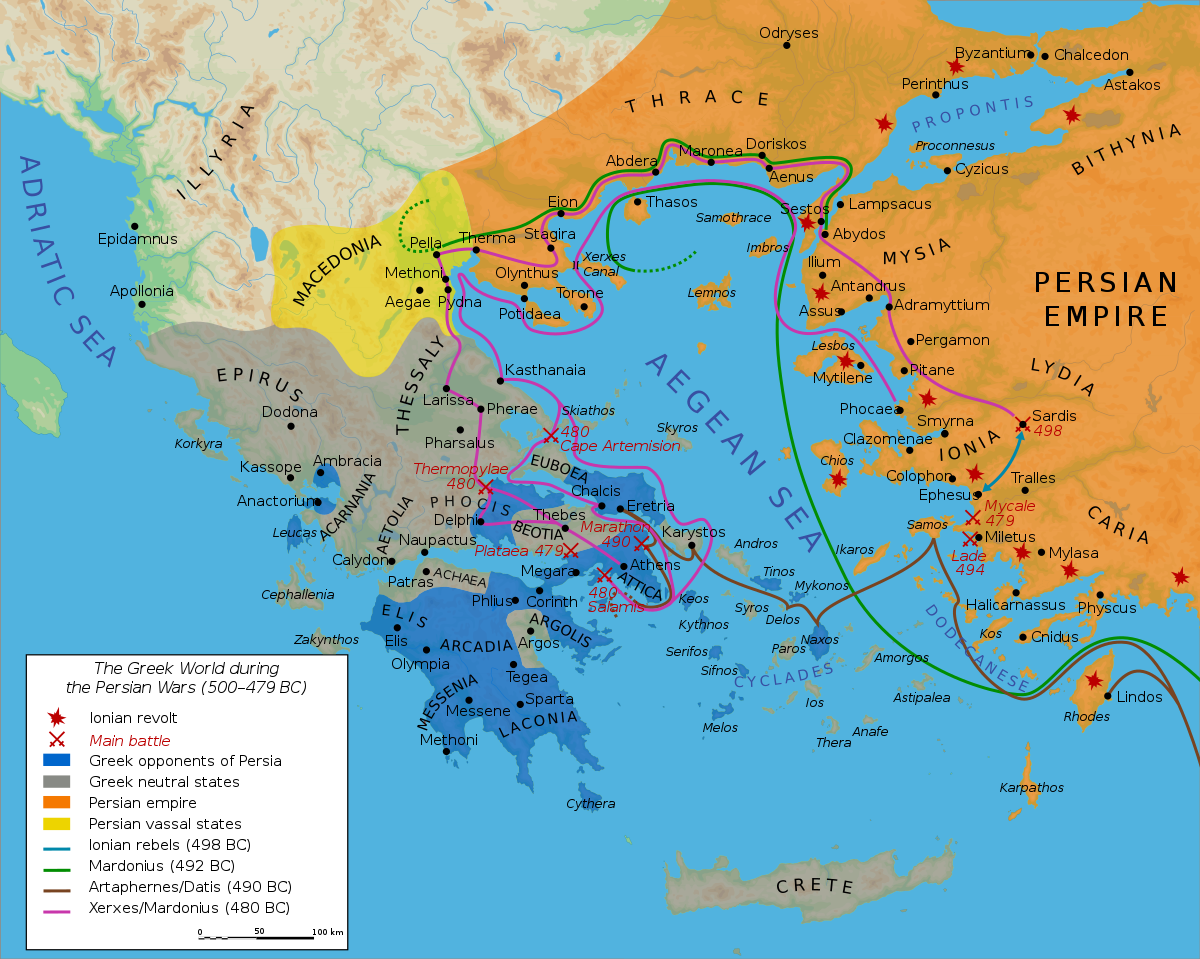
The Persian Wars | The Greeks
Darius now planned a much greater invasion, but an Egyptian uprising and then his death prevented it. His successor, Xerxes (r. 486-465), having subdued the Egyptians, resumed the elaborate preparations for war in 481.
-
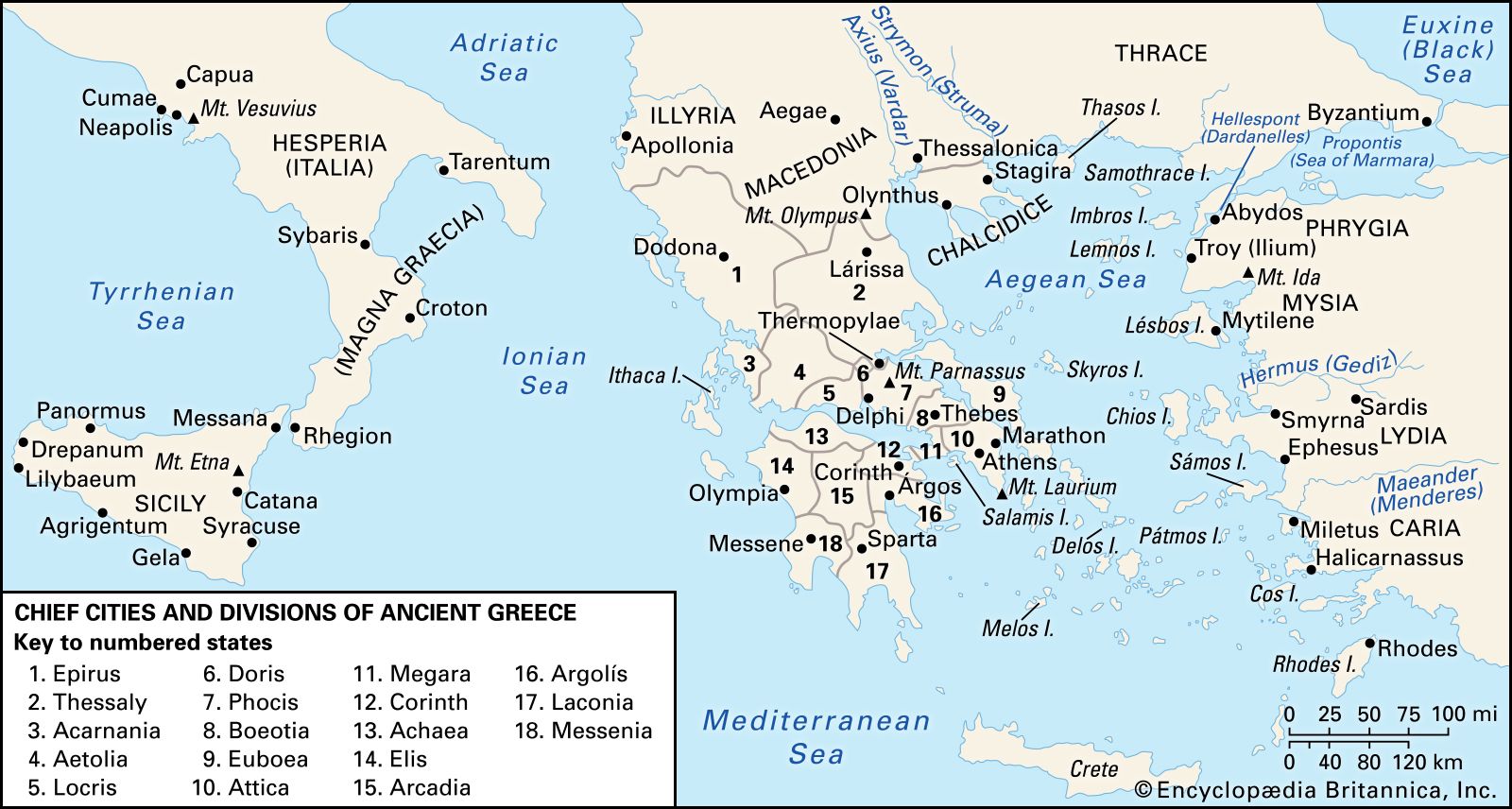
The Ionian Cities, the Threat to Greece, Marathon | The Greeks
The new Persian rulers would not allow their subjects political freedom, which was what the now-captive Ionian Greek cities most valued. Their prosperity declined, as the Persians drew away from Ionia the wealth from the trade routes that had formerly so enriched Aegean towns. By 513 B.C. the Persians had crossed the Bosporus, sailed up…
-
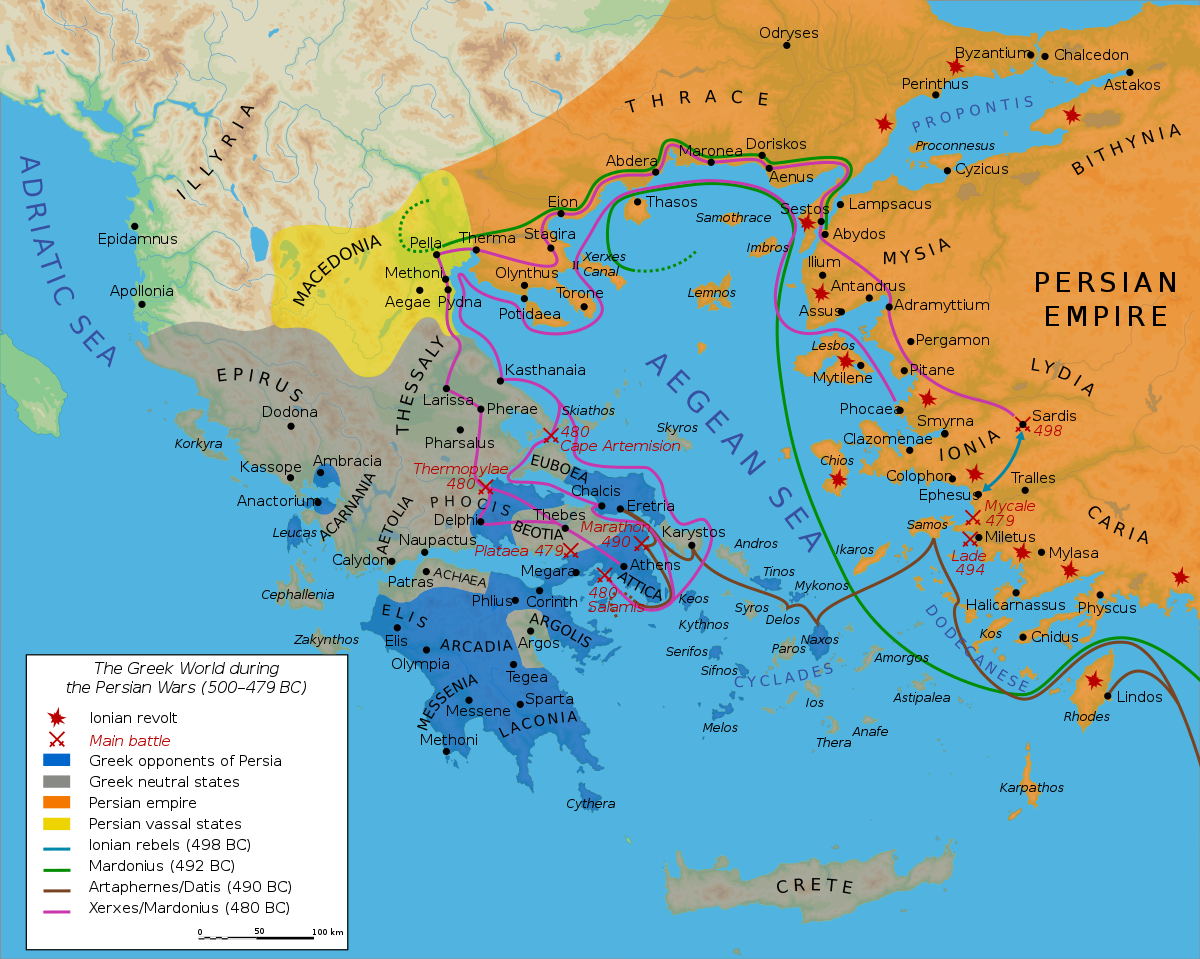
The Persian Empire | The Greeks
It was under Cyrus (r.c. 559-530), who attacked the Medes and took their capital (Ecbatana, south of the Caspian Sea), that the Persians began a meteoric rise toward universal rule. Uniting his territory with that of the Medes and initially bypassing Babylon, Cyrus moved westward into Anatolia, absorbed the Lydian kingdom of the rich king…
-
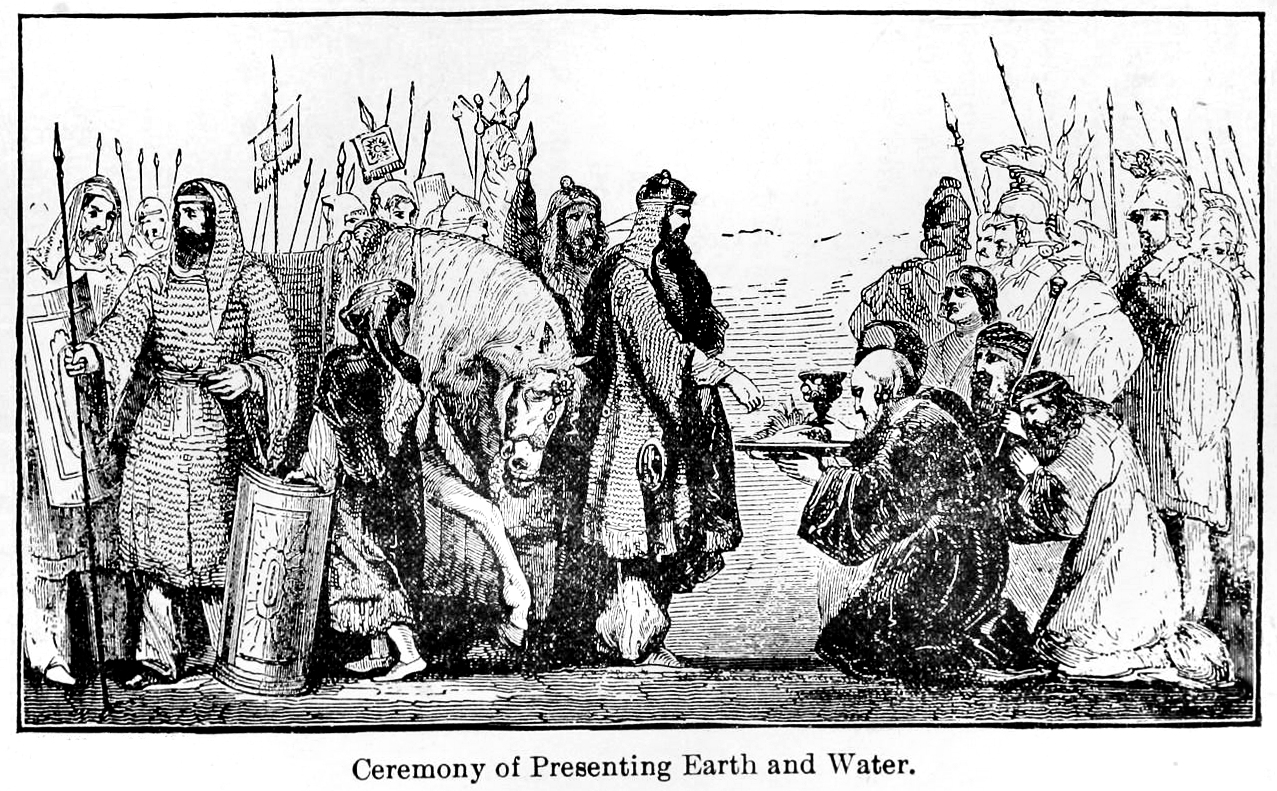
Pisistratus and Cleisthenes | Athens, from 632 B.C. | The Greeks
By introducing these quasi-democratic innovations while retaining aristocratic election of the rich to magistracies and the oligarchic power of the few in the Council of the Areopagus, Solon had introduced a radical set of compromises “I stood holding my stout shield over both parties [the poor and the rich];” he wrote. “I did not allow…
-
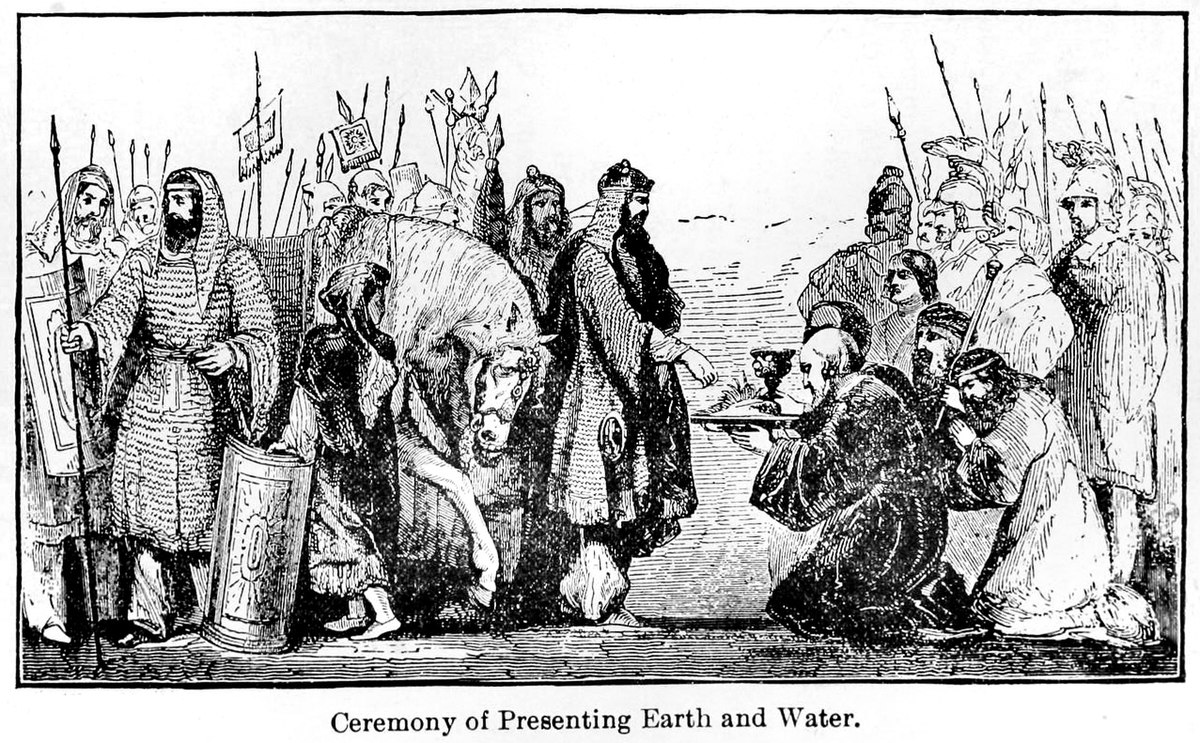
Draco and Solon | Athens, from 632 B.C. | The Greeks
Athens-which had never undergone a Dorian occupation-did not become a polis as early as Sparta but lingered as an aristocratic tribal state. It was divided territorially into plains, hills, and coastal land, and politically into four tribes, each of which had brotherhoods (phratries) or territorial subdivisions (trittyes). Within each phratry a further distinction was drawn…
-
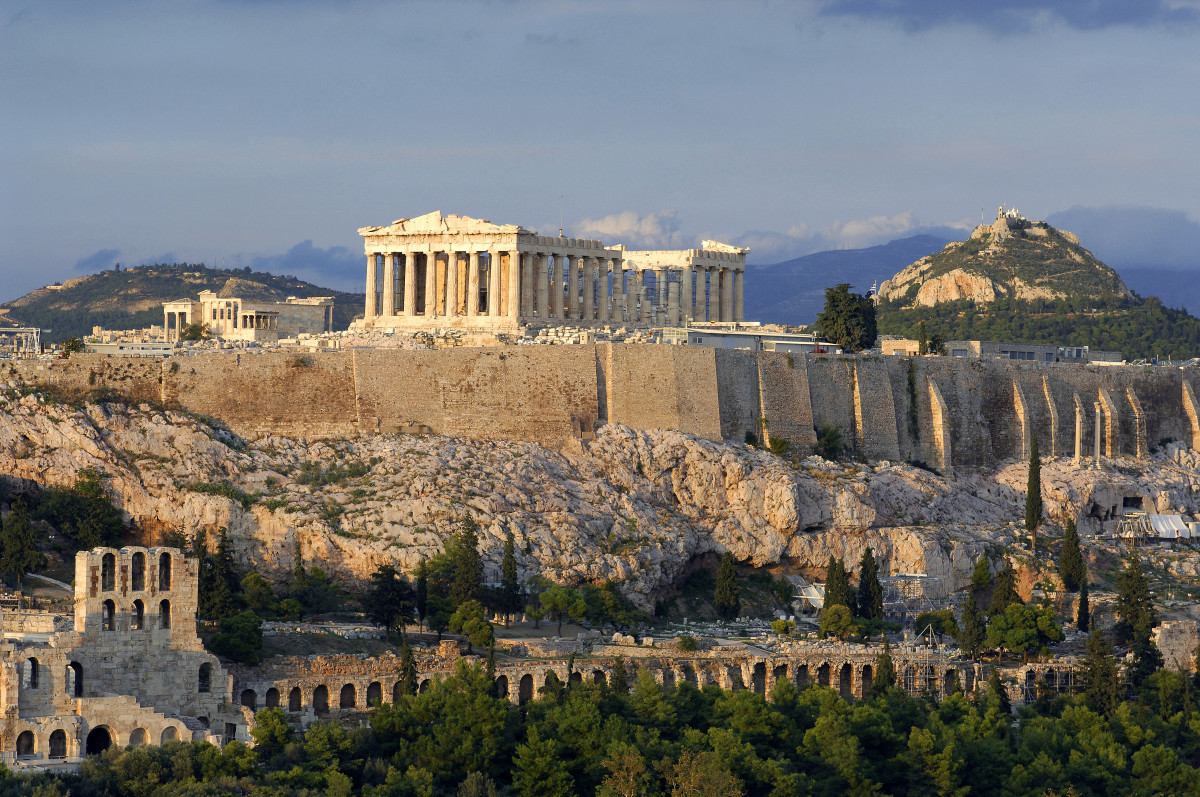
The Polis and Colonization | The Greeks
For the Greeks, the prevailing social and political unit gradually became the polis (plural, poleis), roughly translated as the “city-state,” though many were too small to be cities. The “kings,” or local chieftains, of Mycenaean times had disappeared, and the prominent men in each community had begun to form councils and other groups to manage…
-
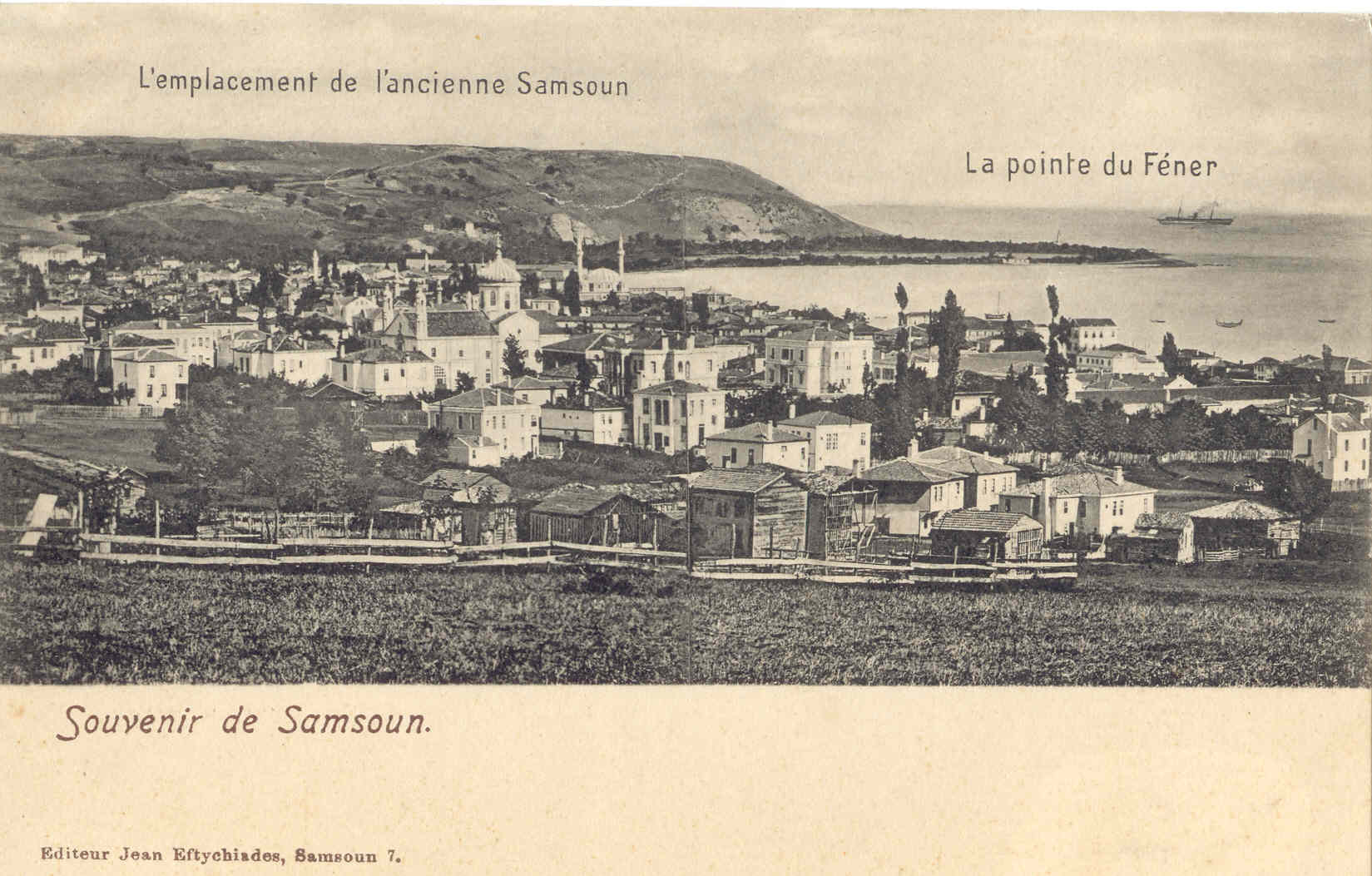
Revival after the Dark Age, 850-650 B.C. | The Greeks
For the Greeks the Dark Age began to dissipate about 850 B.C., with the renewal of contact between the main land and the Near East. Phoenicia, whose trade continued briskly, lay close to the Greek island of Cyprus, where Mycenaean culture had continued after the Dorians had destroyed it on most of the mainland. Objects…
-
The Greeks Before the Persian Wars | The Greeks
Modern students have often derived their picture of Greek politics in general from the superb speech that Pericles, the most celebrated of the leaders of Athens, made in 431 B.C. over the Athenian soldiers killed in the first year of a great war against Sparta-as reported in the history of the war by the historian…
-
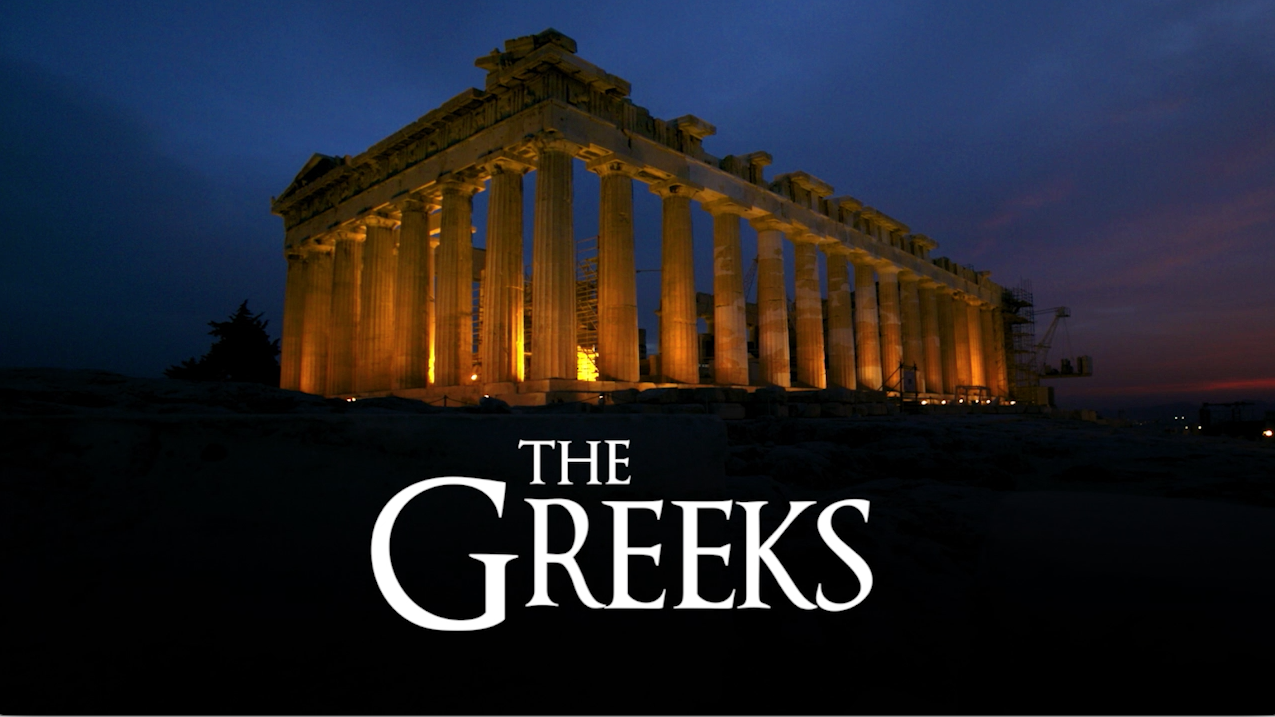
The Greeks
The Greeks are the first ancient civilization with which modern society feels an immediate affinity. We like to believe that they thought much as we do-that is, that they were rationalists, intensely curious about their environment, eager to acquire new knowledge and to use it to alter their condition. We recognize them as a reflective…
-
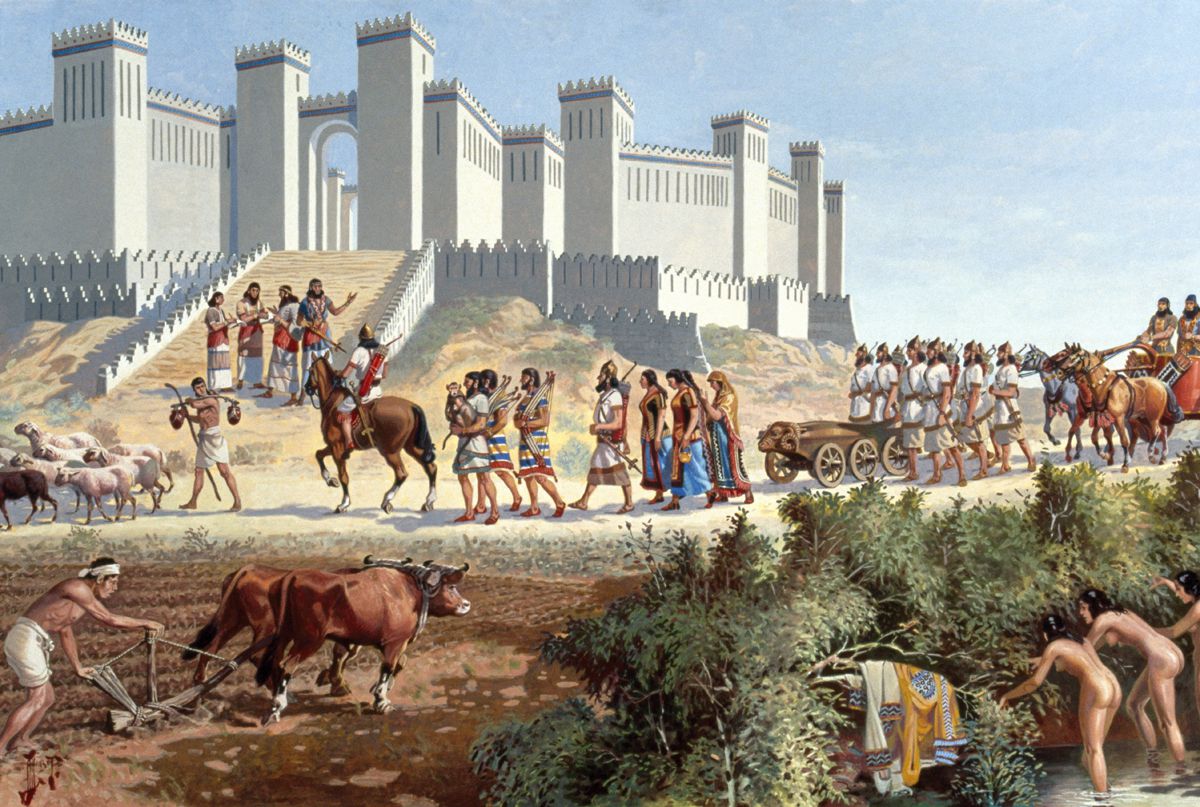
Summary | The First Civilizations
The period before humans left written records is called prehistory. Our knowledge of this period depends on archaeological findings. Although fossil remains of apelike human ancestors have been found that date back millions of years, the first generally accepted humans appeared in Europe and the Near East about thirty-seven thousand years ago and are called…
-
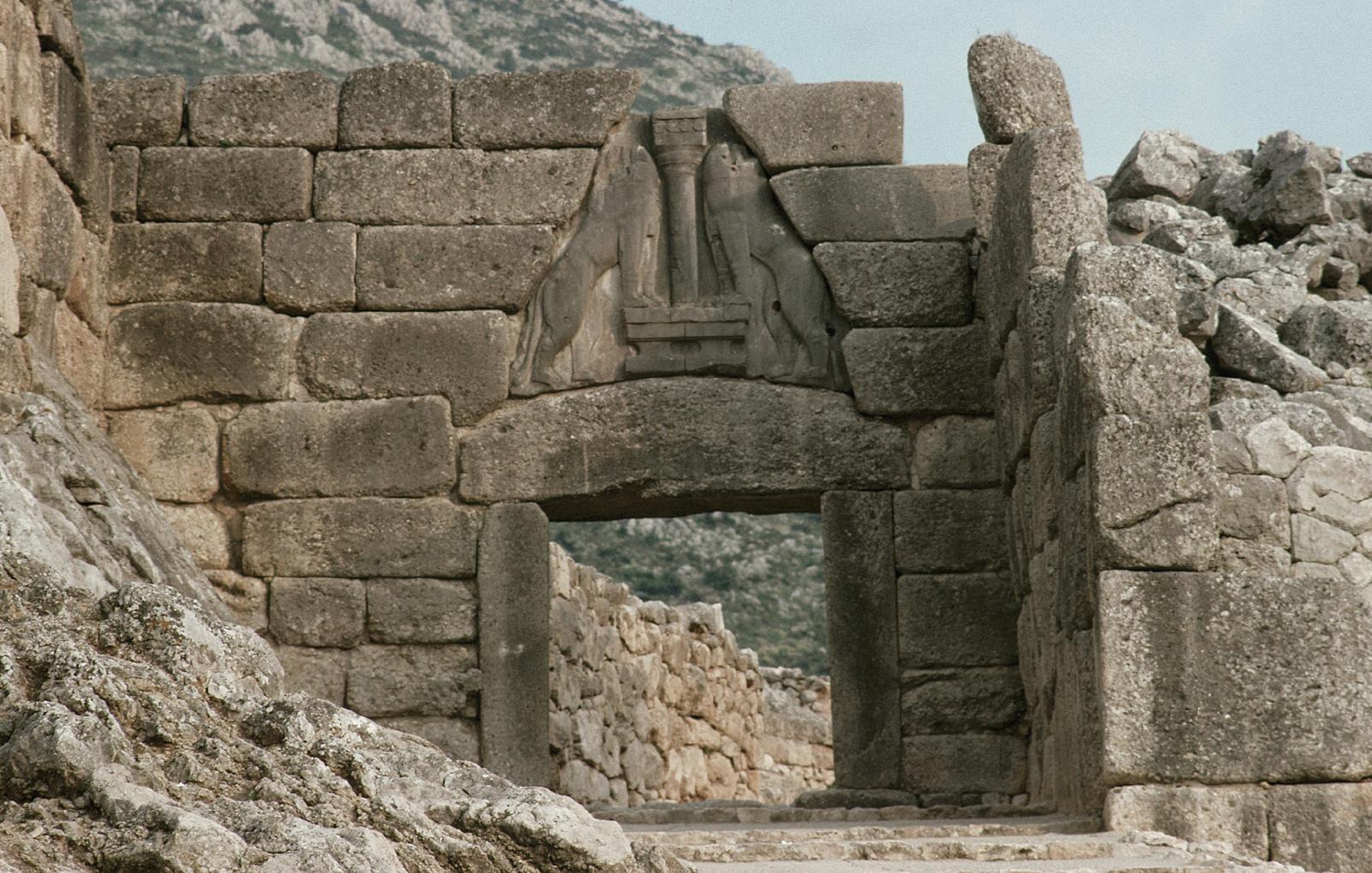
The Dark Age: Homer | The First Civilizations
The three centuries from 1100 to 800 B.C. are known as the Dark Age-dark because we have too little evidence to obtain a clear picture of Greek life, and dark also because civilization took dramatic steps backward. Literacy virtually vanished, and writing stopped. Poverty and primitive conditions prevailed, causing suffering, a loss of skills, a…
-
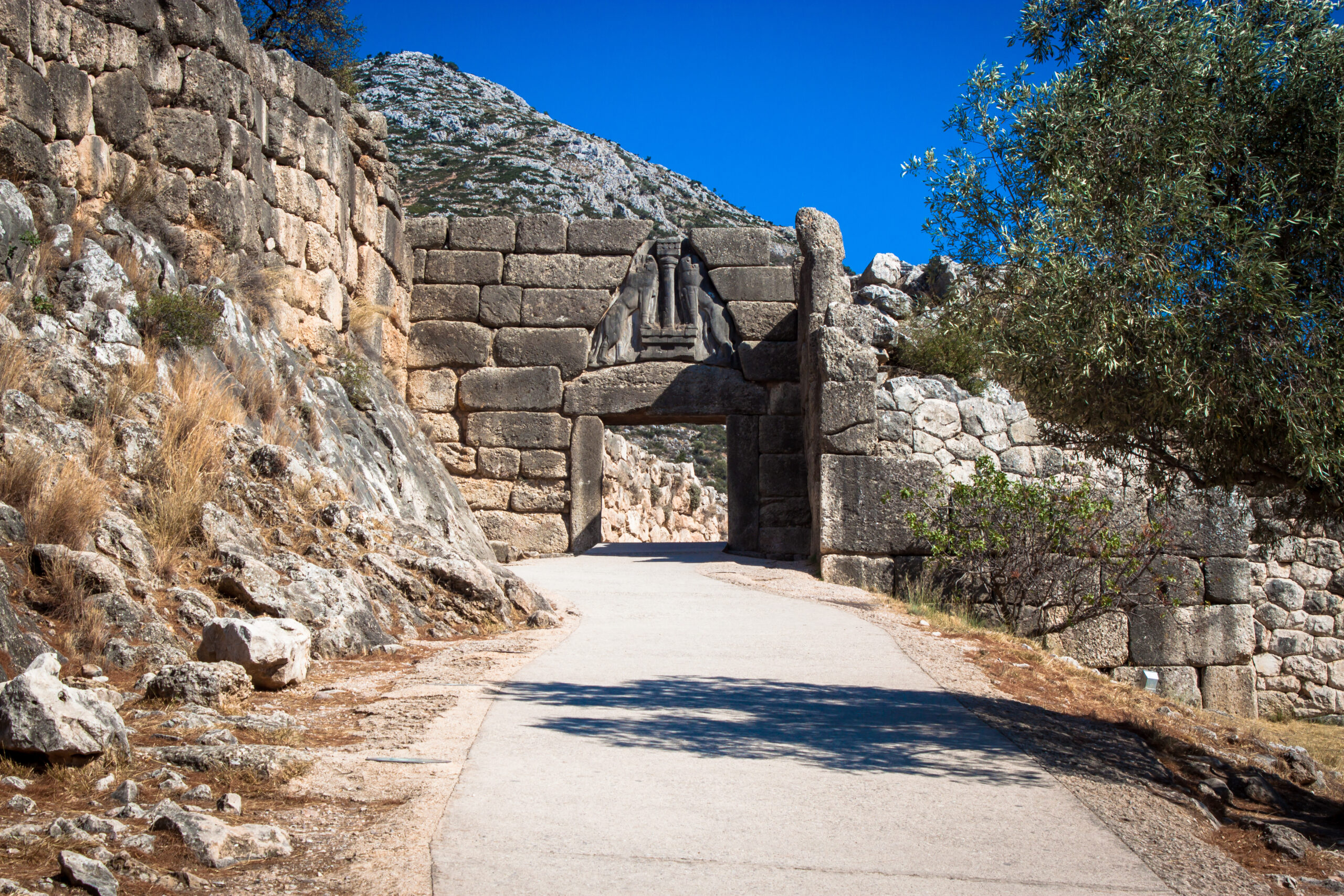
Mycenae, 1400-1100 B.C. | The First Civilizations
We still know relatively little about Mycenaean politics and society. We can tell from excavated gold treasures that Mycenae itself was wealthy, which is not surprising considering that it had conquered Crete. But the Mycenaeans seem not to have been overseas empire builders, even in the sense that the Cretans had been; their occupation of…
-
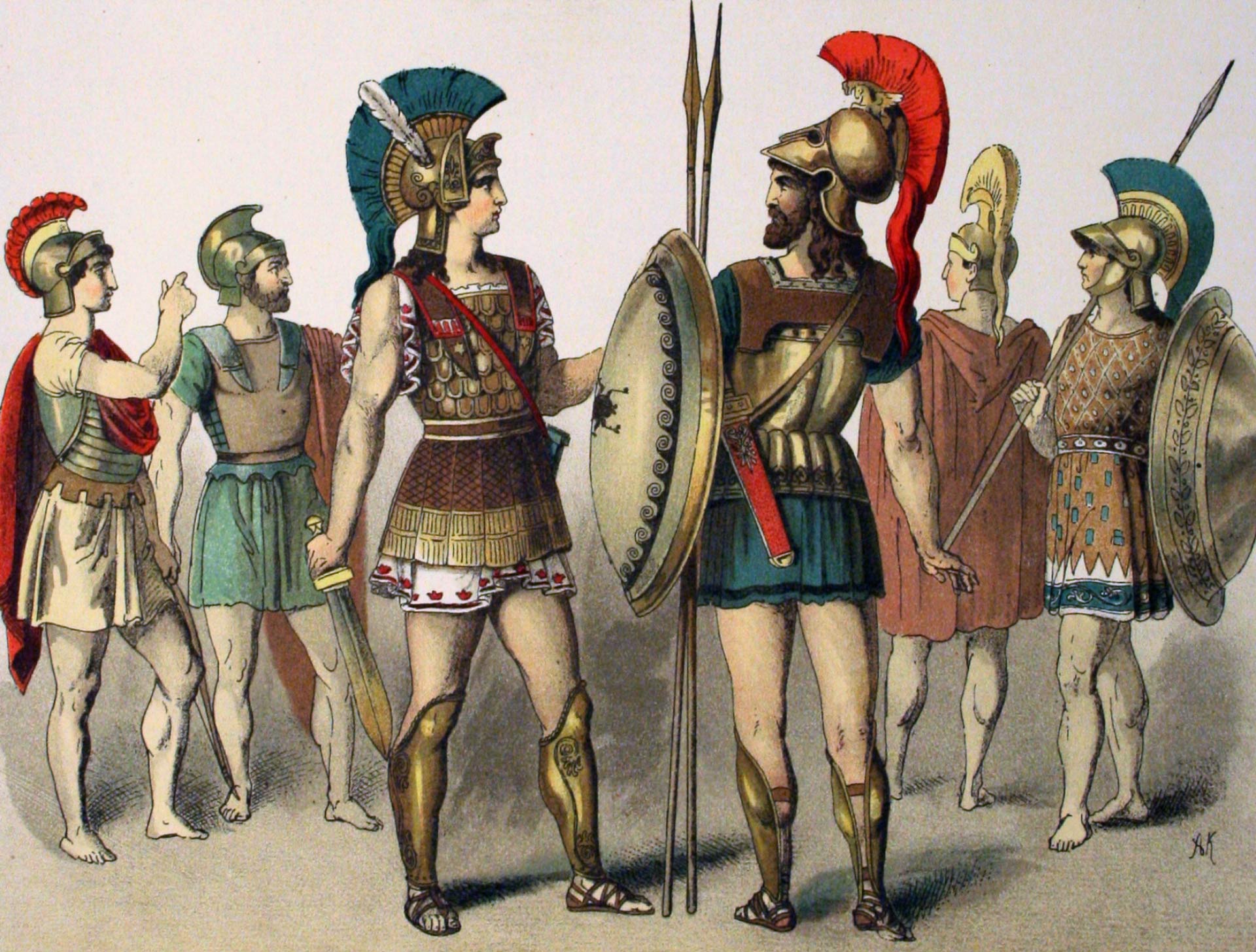
Mycenaeans and Minoans | The First Civilizations
In Greece, too, Bronze Age civilization had taken root. Greece was a largely barren land divided into small valleys and plains separated from each other, with none far from the sea. From earliest times the inhabitants took advantage of the rugged coasts and islands with their many shelters and good harbors to sail from place…
-
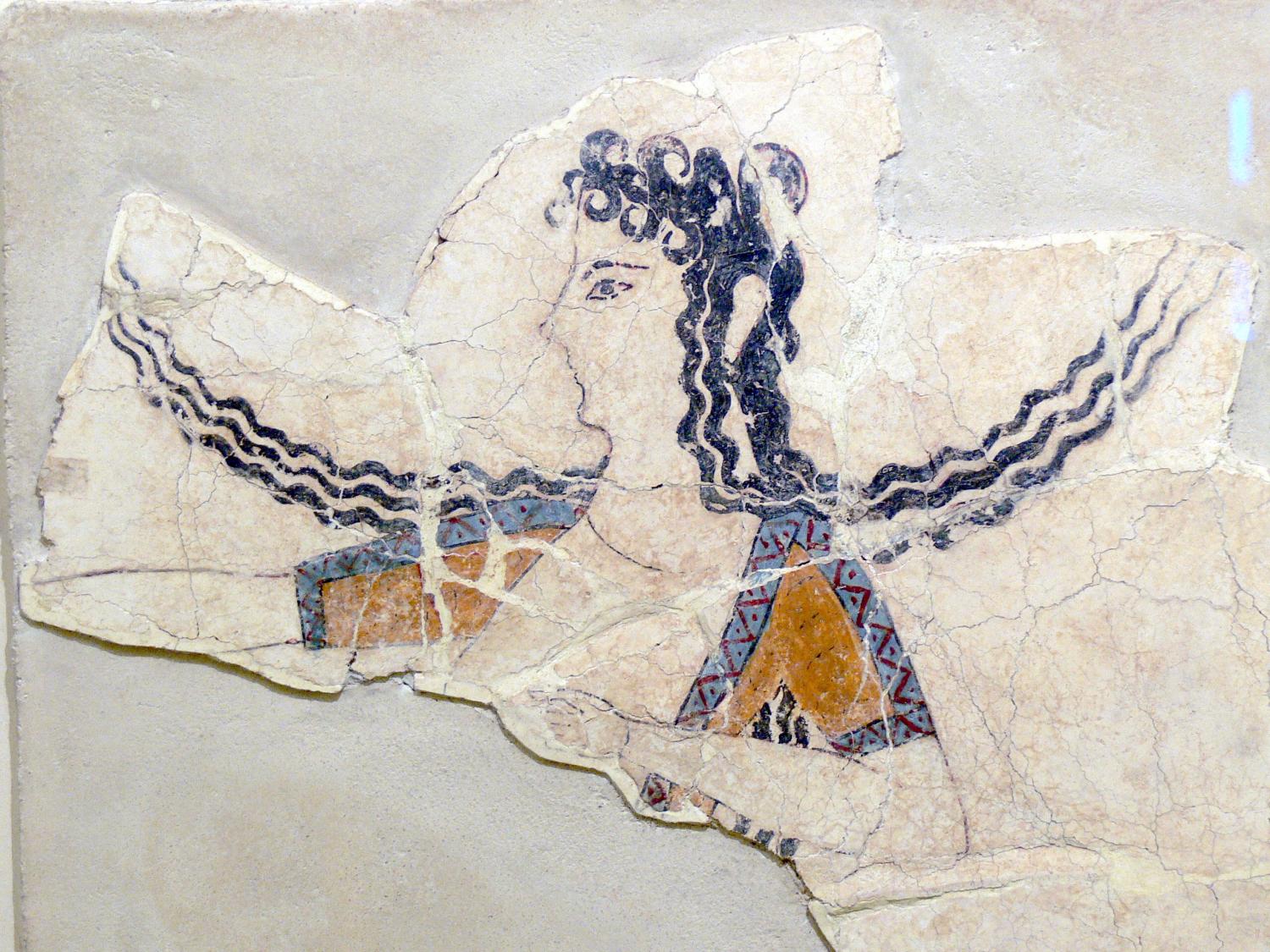
Minoans before Mycenae | The First Civilizations
Among the notable finds in Ugarit was an ivory relief of a bare-breasted goddess, holding ears of wheat in each hand and seated between two goats standing on their hind legs. She greatly resembles the goddesses frequently found on the large Mediterranean island of Crete. Cretan civilization is often called Minoan, after Minos, the legendary…
-
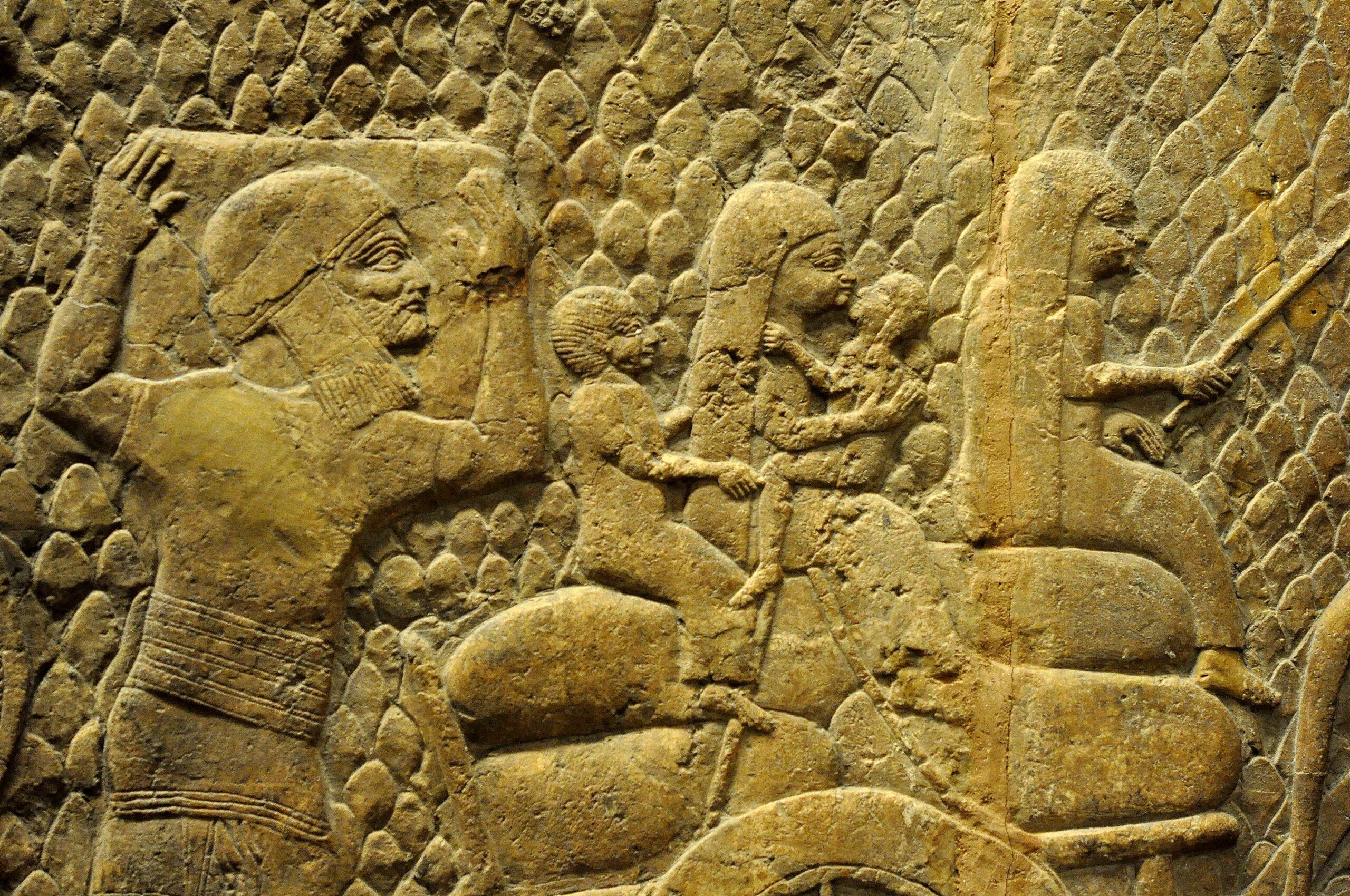
Hebrew Religion | The First Civilizations
Many of the most fundamental ideas of the Hebrew religion go back to the days when the Hebrews were still nomads, before they had adopted a settled life. From the nomadic period of Hebrew life come the feast of Passover, with its offering of a spring lamb and of unleavened bread; the keeping of a…
-
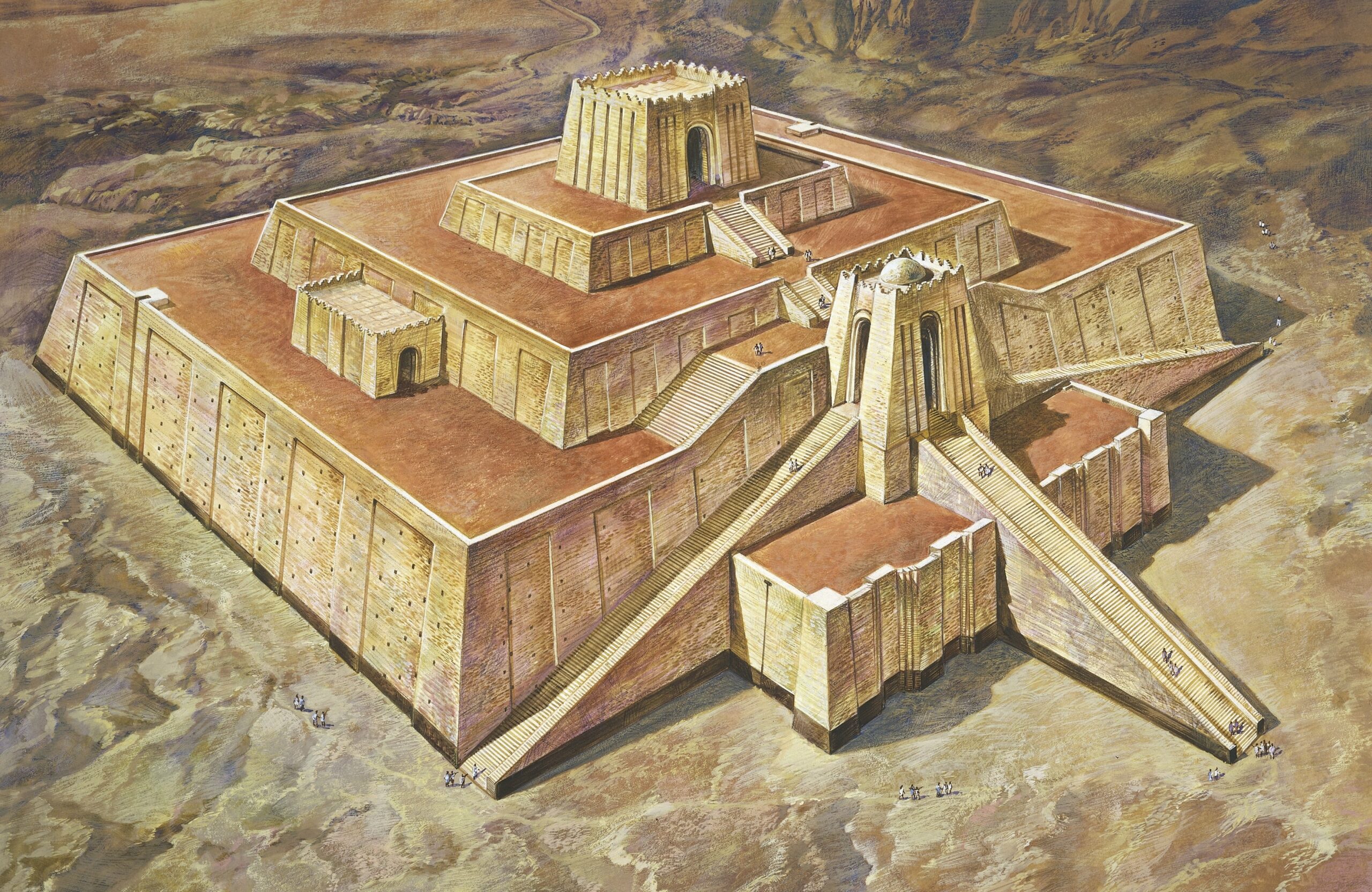
History and the Hebrew Bible | The First Civilizations
The Hebrews were the first people to record their history in a series of books, providing a consecutive story over many centuries. Today this traditional history is contained in the Bible, especially in Genesis, Exodus, Joshua, Judges, Samuel, and Kings. But one also finds genealogy and ritual law (Numbers, Leviticus, and Deuteronomy), tales (Ruth and…
-
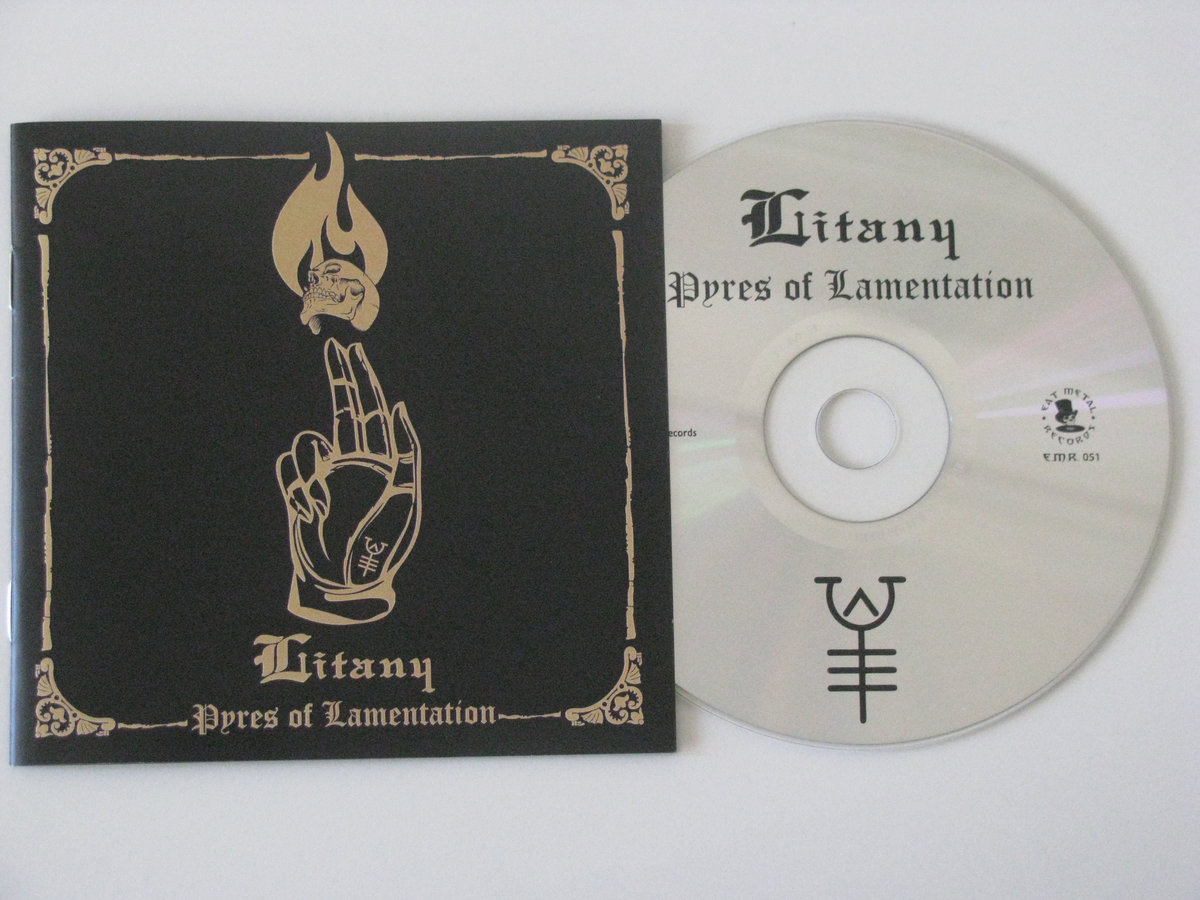
The Cursing Litany
Mayest thou never exist, may thy body never exist. May thy limbs never exist. May thy bones never exist. May thy words of power never exist. May thy form never exist. May thy attributes never exist. May that which springs from thee never exist. May thy hair never exist. May thy possessions never exist. May…
-
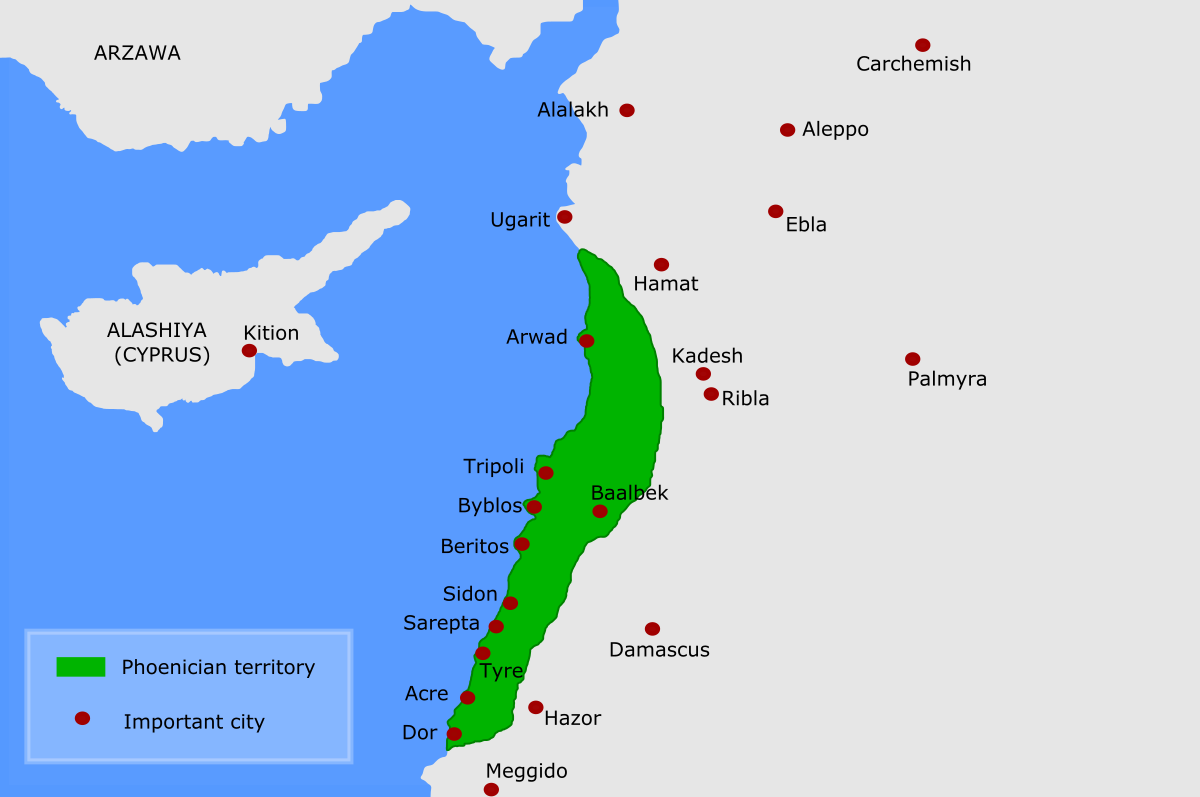
Hurrians, Canaanites, Philistines, Phoenicians | The First Civilizations
Far less well known than the Hittites and still posing many unsolved problems are the Hurrians of Mitanni and the upper Chabur River. Like the Hittites, the Hurrians had an Indo-European ruling class and worshiped some Indo-European deities. Their great importance was to act as intermediaries between the civilization of Mesopotamia and the less advanced…
-
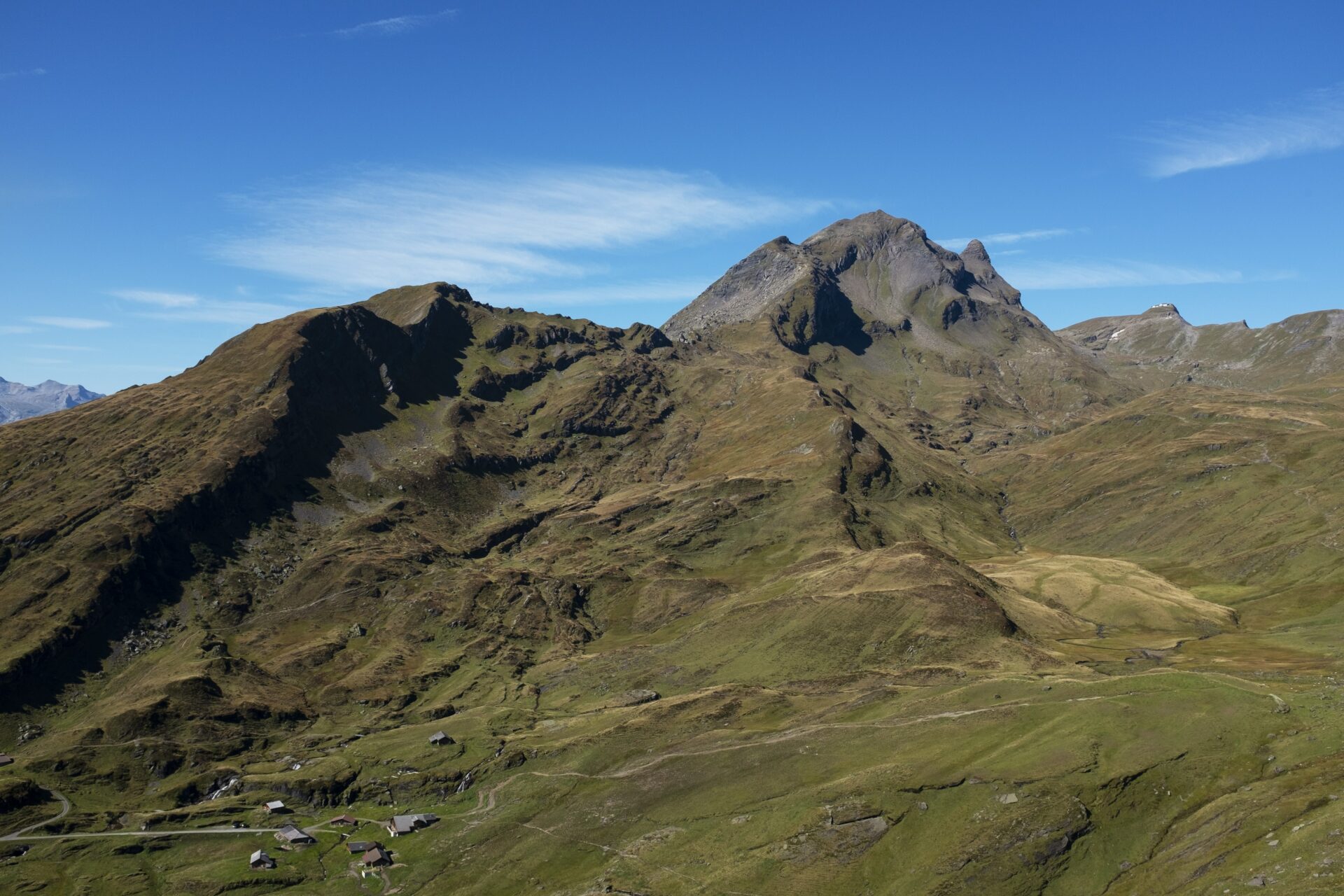
Hittites | The First Civilizations
Until the early twentieth century, scholars knew the Hittites chiefly from references in non-Hittite sources. Uriah, for example, whom (the Bible tells us) King David arranged to have killed in battle in order to keep his wife Bathsheba, was a Hittite. And in Egypt a great inscription preserved the text in hieroglyphics of a treaty…
-
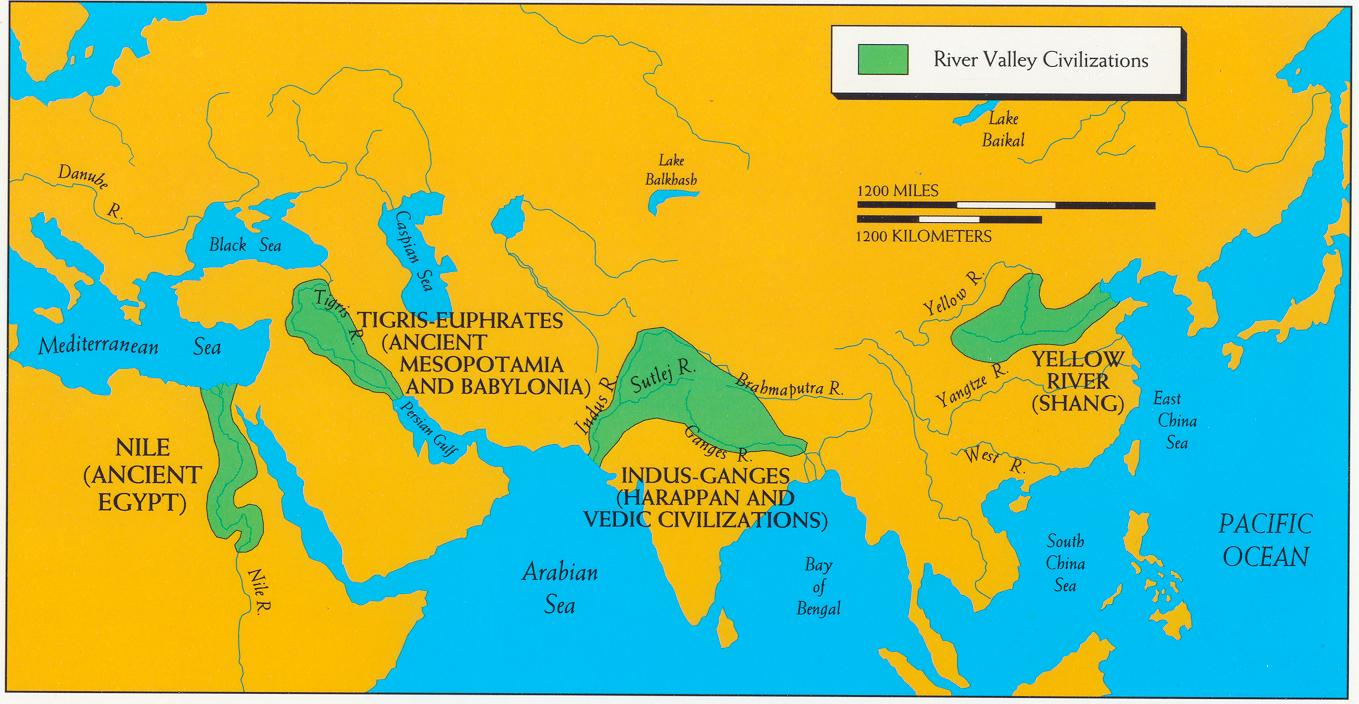
Peoples Outside The Valleys | The First Civilizations
By 1500 B.C. the Kassites in southern Mesopotamia, the Hurrians with their kingdom of Mitanni in northern Mesopotamia, smaller states in southeastern Anatolia (modern Turkey), and the Hittites in the remainder of Anatolia had emerged as rivals both to Babylon and to Egypt. All of them had strong Indo-Aryan ethnic elements. All were ruled by…
-
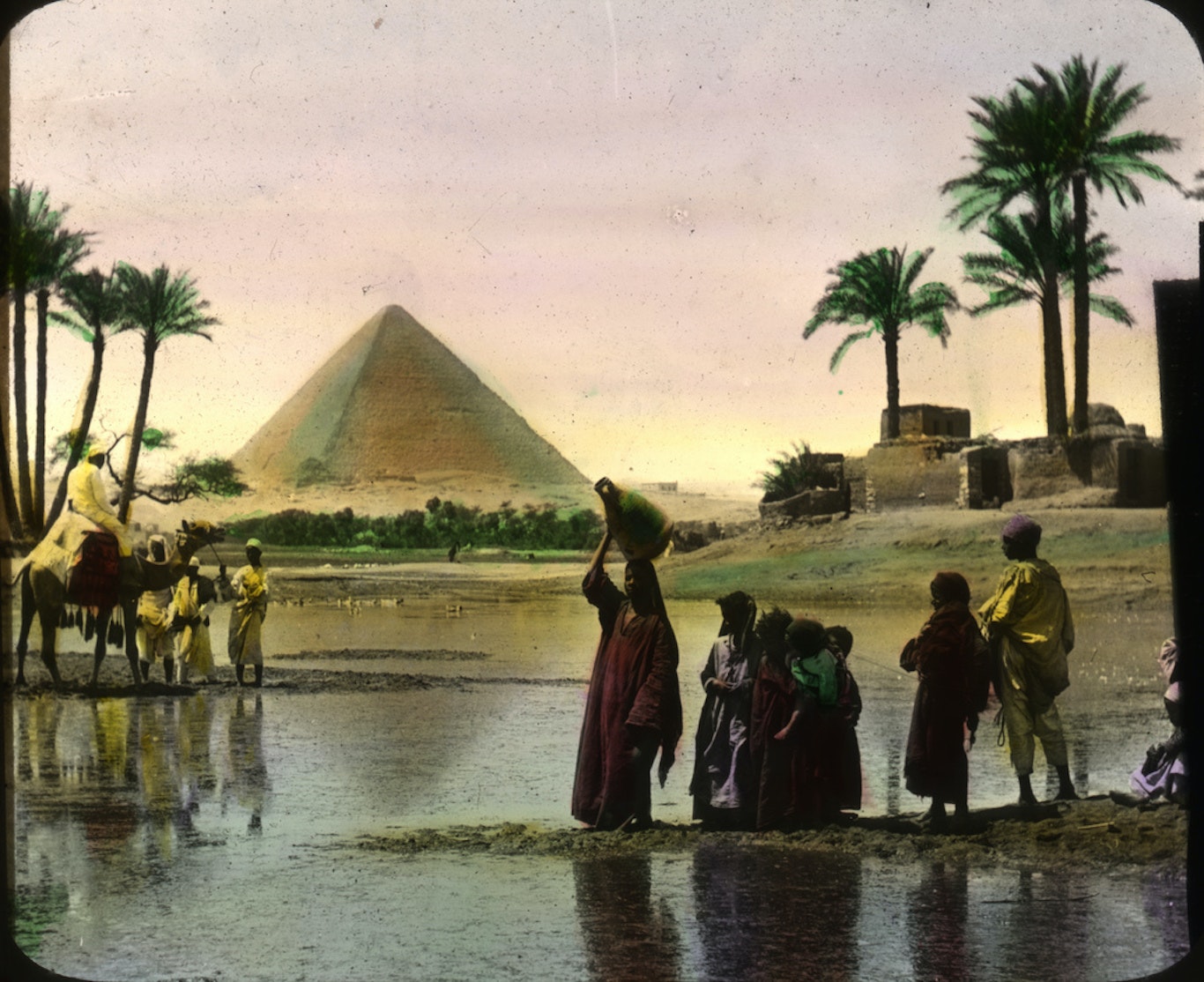
Egyptian Society | The First Civilizations
The chief social unit was the monogamous family, and thus even a pharaoh, who was entitled to have a harem of wives and concubines, would have a chief wife. Women were not fully subordinate to men: They could own property and, under certain conditions, inherit it; they might also enter into business agreements. Most unusual…
-
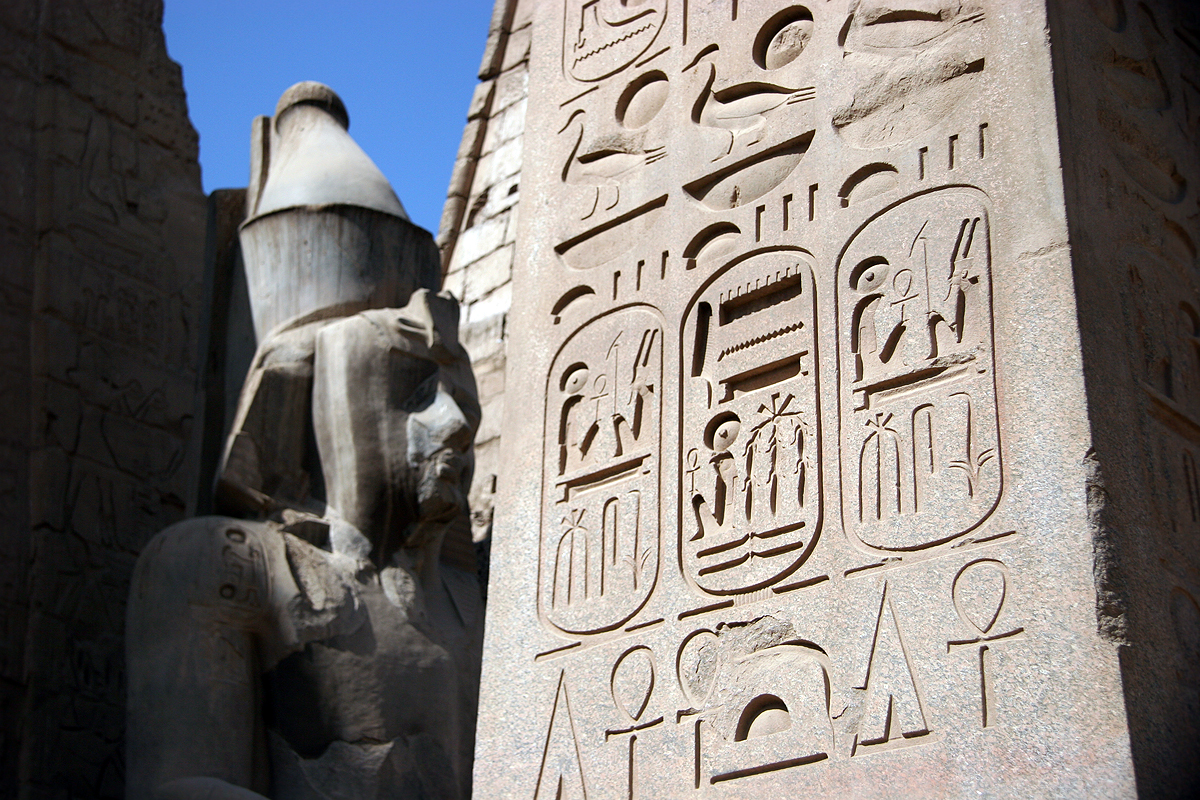
Egyptian Literature | The First Civilizations
The Egyptians used a form of picture writing (hieroglyphics, or sacred carvings), which was deciphered in the 1820s. Scholars had possessed the key only since 1799, when a large, inscribed stone was found near the town of Rosetta in the Nile Delta. This piece of black basalt has a long text chiseled into its surface…
-
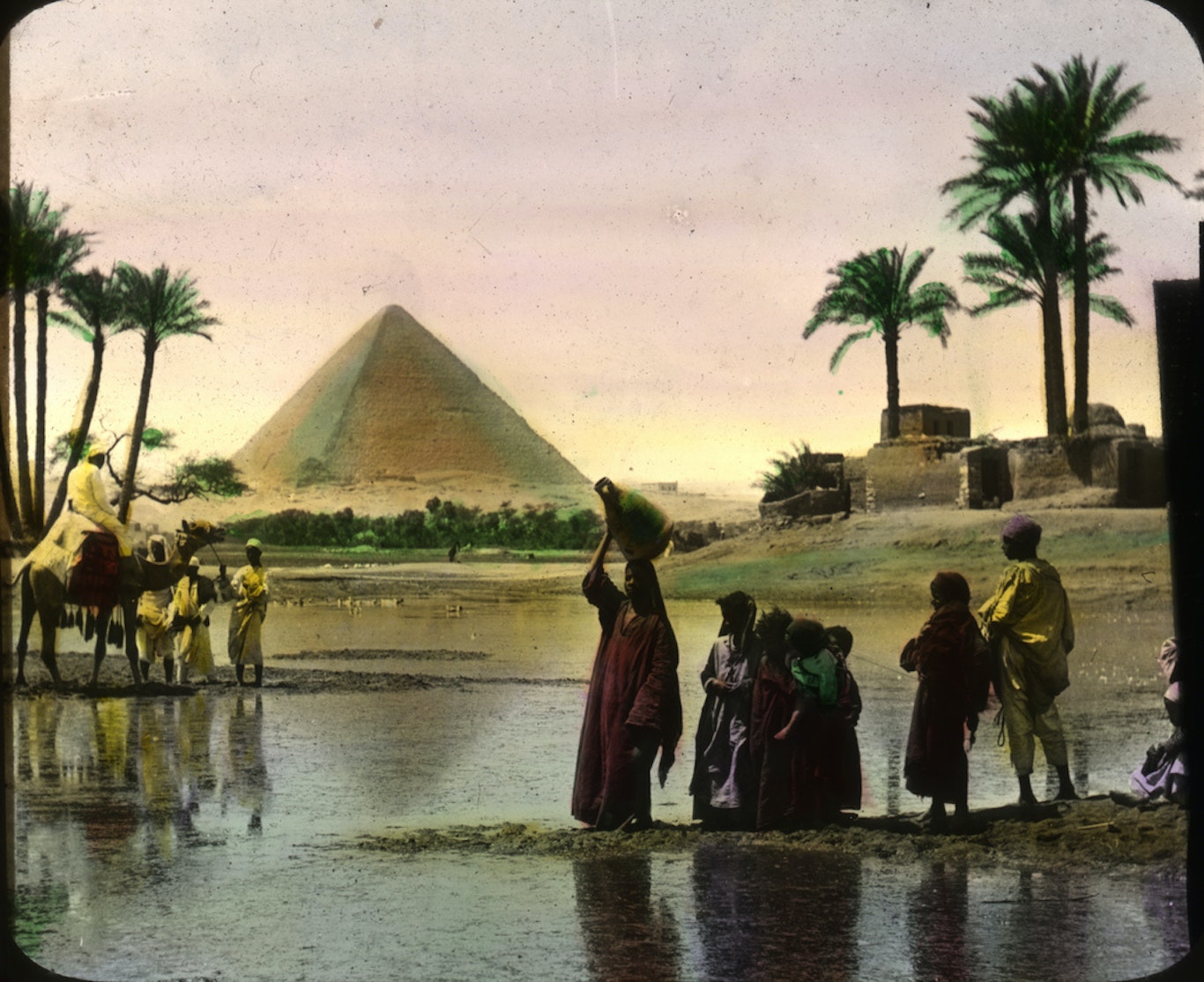
Egyptian Religion | The First Civilizations
Religion was the most powerful force animating Egyptian society. The Egyptian was ready to accept overlapping divinities and to add new ones whenever it seemed appropriate; if a new area was incorporated into the Egyptian state, its gods would be added to those already worshiped.
-
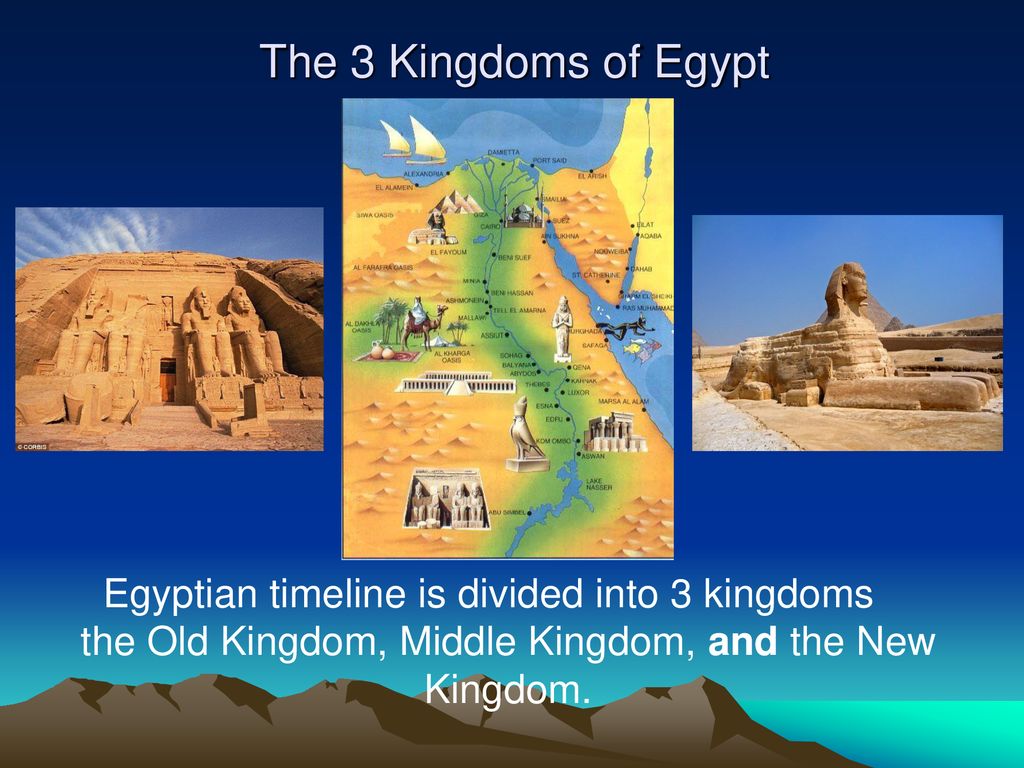
Old, Middle, and New Kingdoms in Egypt | The First Civilizations
As each Egyptian king died, a great sepulchral monument, often in the form of a pyramid, told his subjects that he had gone to join his predecessors in the community of gods. The largest of the pyramids took several generations to build and involved the continual labor of thousands of men. A highly centralized bureaucracy…
-
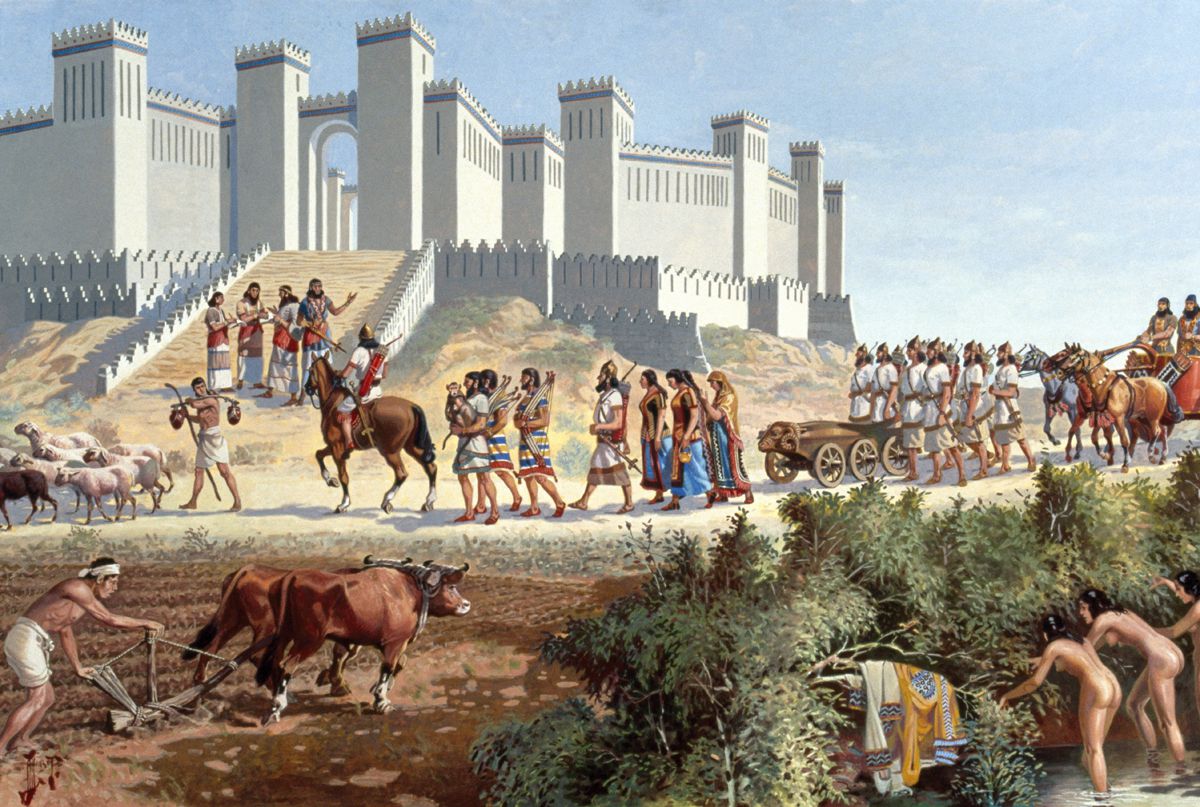
Egypt | The First Civilizations
What the Tigris and the Euphrates rivers did for Mesopotamia, the Nile River did for Egypt. Over thousands of years the people along the Nile had slowly learned to take advantage of the annual summer flood by tilling their fields to receive the silt-laden river waters, and by regulating its flow. About 3000 B.C., at…
-
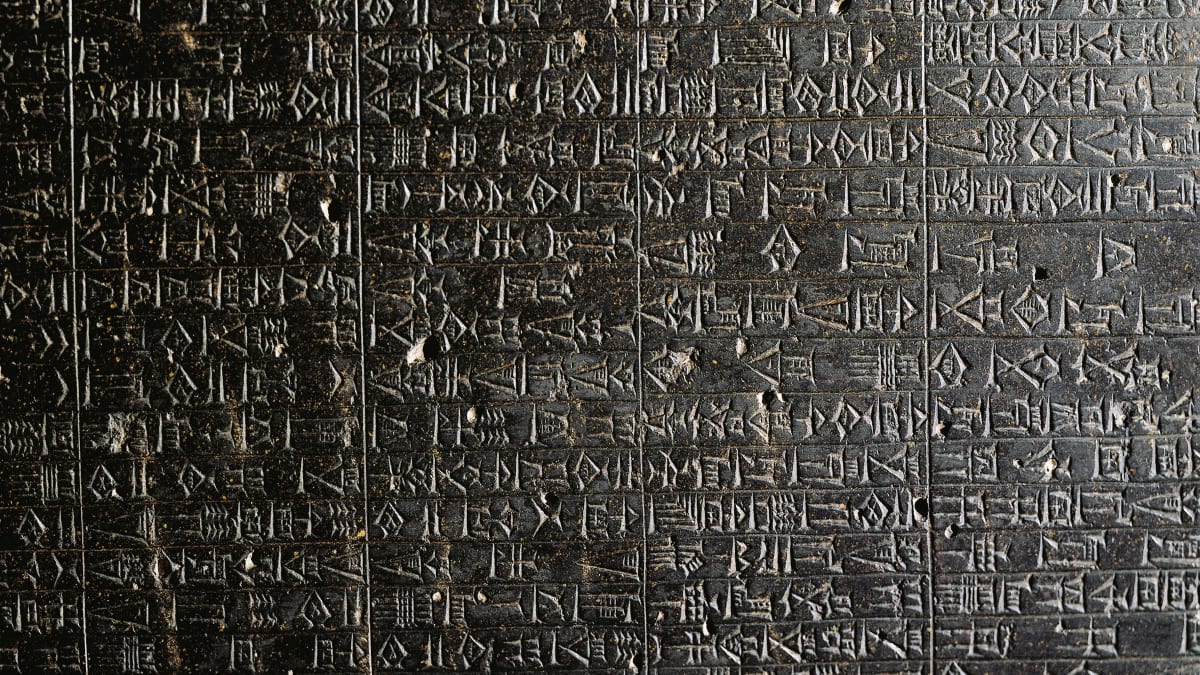
Code of Hammurabi
Set down about 1750 B.C., the Code of Hammurabi incorporated many earlier laws. While the code is, first and foremost, a legal statement about stern justice, it also reveals much about life at the time, since laws are a reflection of society and of the breaches against its decorum that are most common or most…
-
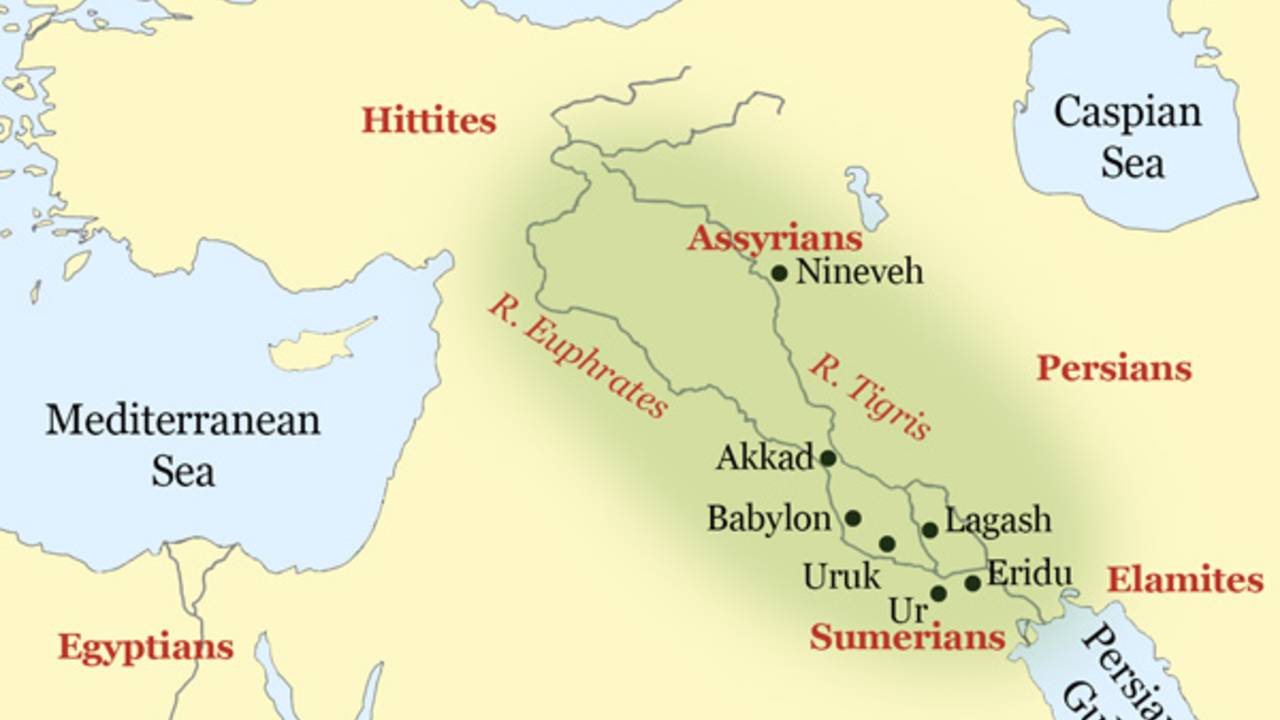
Akkadians: Babylonians and Assyrians | The First Civilizations
The successors of the Sumerians as rulers of Mesopotamia were the Babylonians and their successors, the Assyrians, both originally descended from nomads of the Arabian desert. Power first passed to them with Sargon the Great (2300 B.C.) and returned to them after an interlude (about 2000 B.C.) with the invasion from the west of a…
-
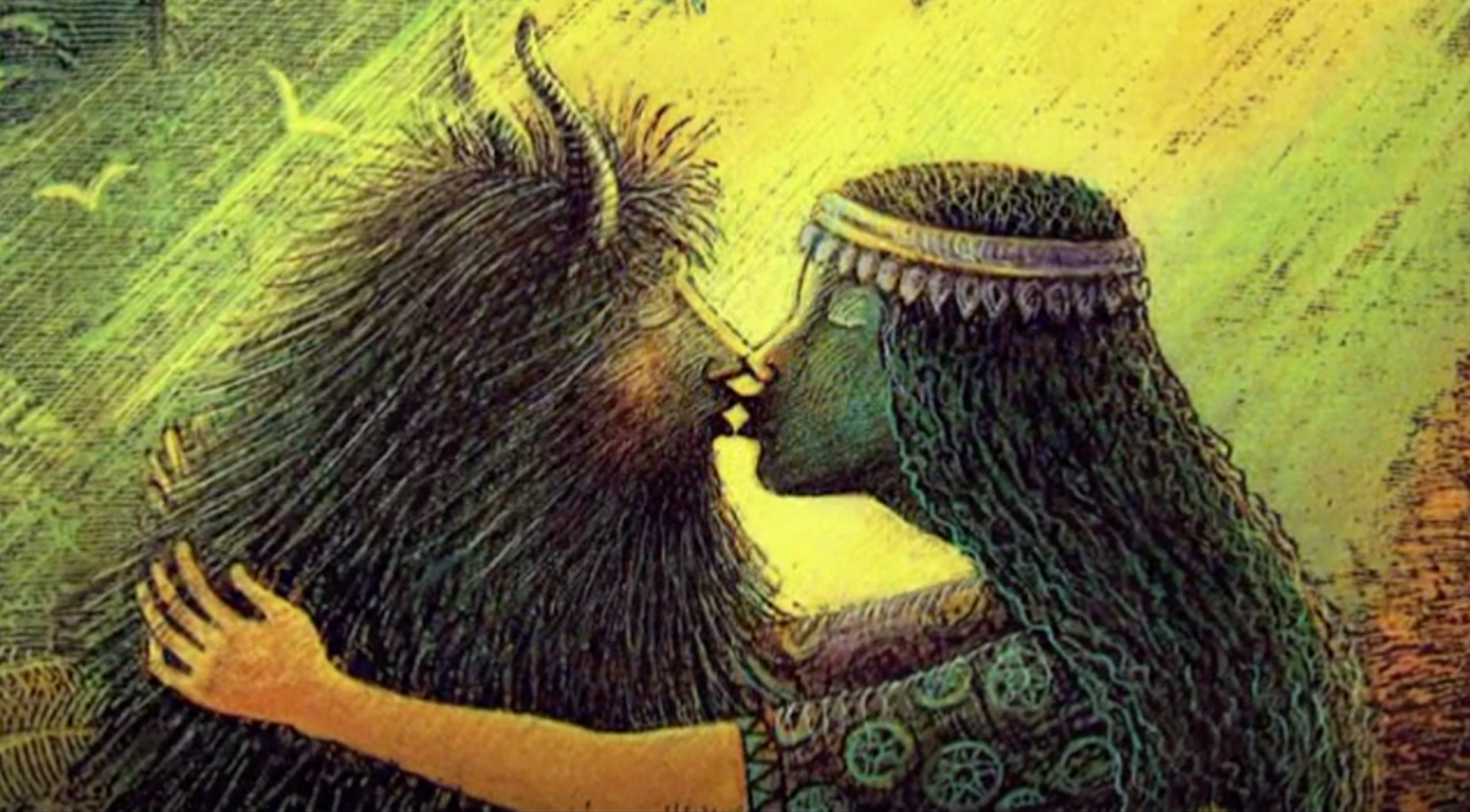
The Epic of Gilgamesh
Many similarities to the Biblical account of Noah’s ark and the great flood are found in the epic of Gilgamesh, the king of Uruk. This epic predates the epics of Homer by 1500 years and is, in the eyes of many scholars, the first major contribution to world literature. Composed about 2000 B.C., the epic…
-
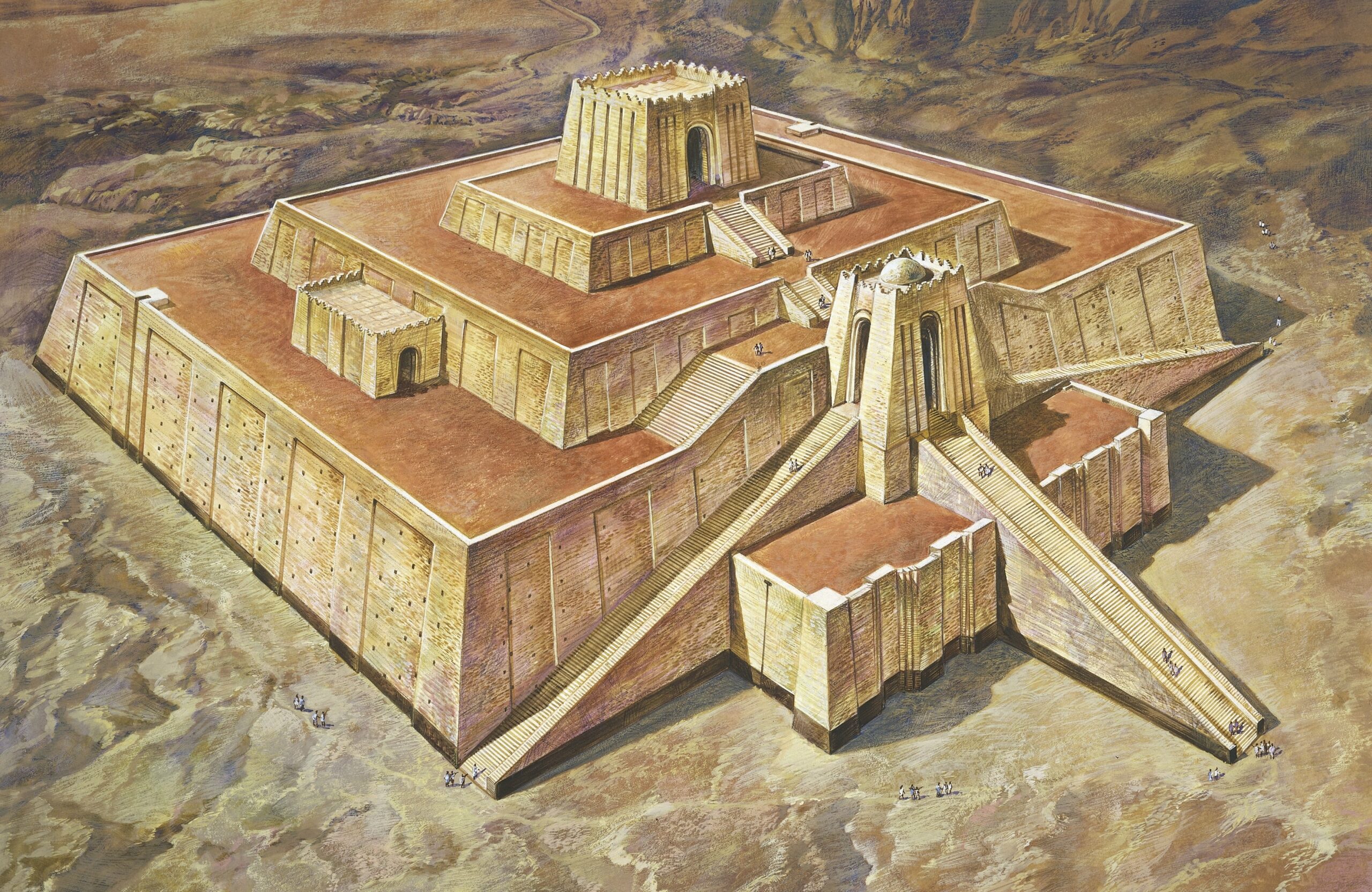
Sumerians | The First Civilizations
Recent discoveries have led some scholars to believe that the inventors of writing may have been a people called Subarians who were apparently subjugated about 3100 B.C. by the Sumerians, in the fertile lower valleys of the Tigris and Euphrates. Here the Sumerians were already well established by the year 3000. They had
-

Place Names in History
The mention of Uruk provides an opportunity to discuss a special problem in history, namely that places change their names. In the Bible the city called Uruk, its ancient Sumerian name, was referred to as Erech, one of the cities of Nimrod. Today the same location appears on the map as Warka. Geographically each of…
-
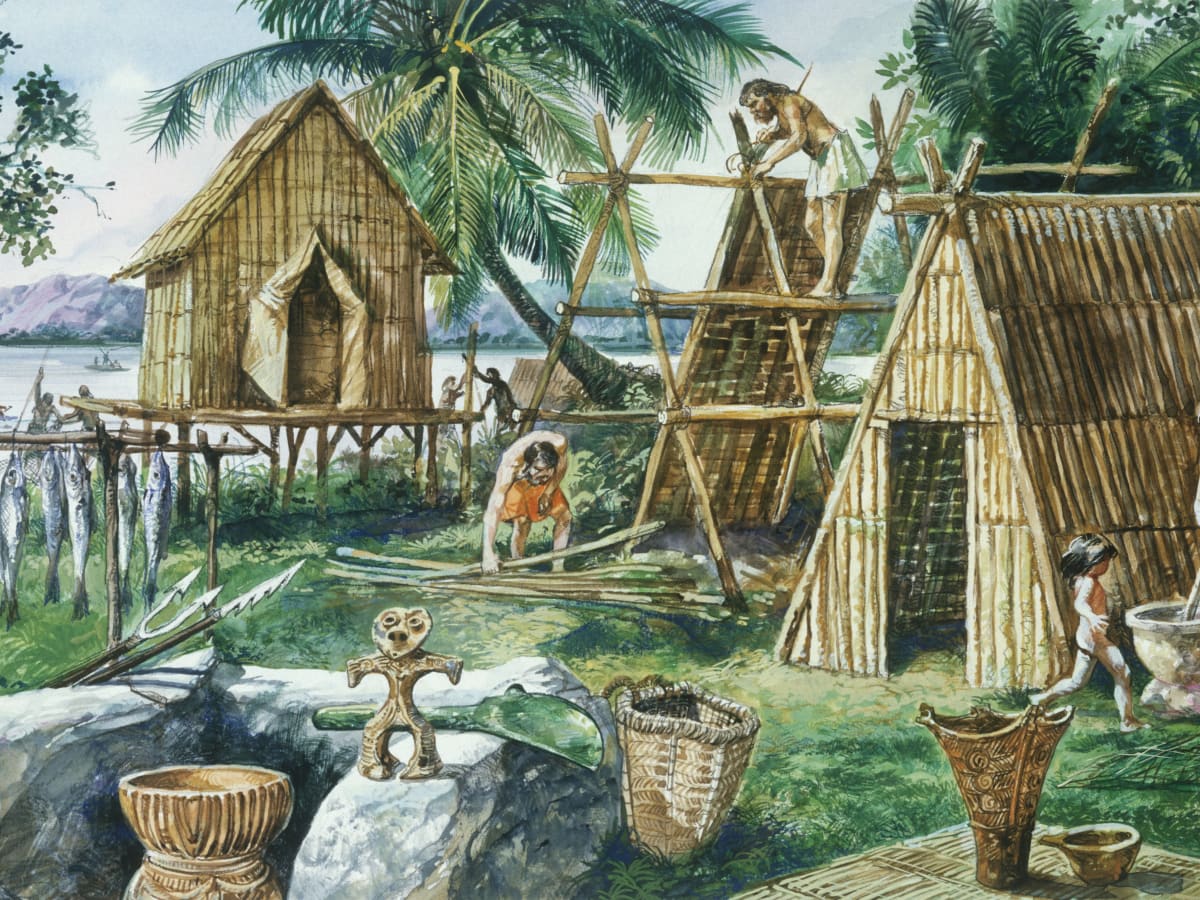
The New Stone Age | The First Civilizations
The advance from the Old Stone Age (Paleolithic) to the New (Neolithic) was marked by certain major changes, found first in the Near East. One of these was the domestication of animals for food. Humans had tamed dogs and used them in the hunt long before. But when they kept goats, pigs, sheep, and the…
-
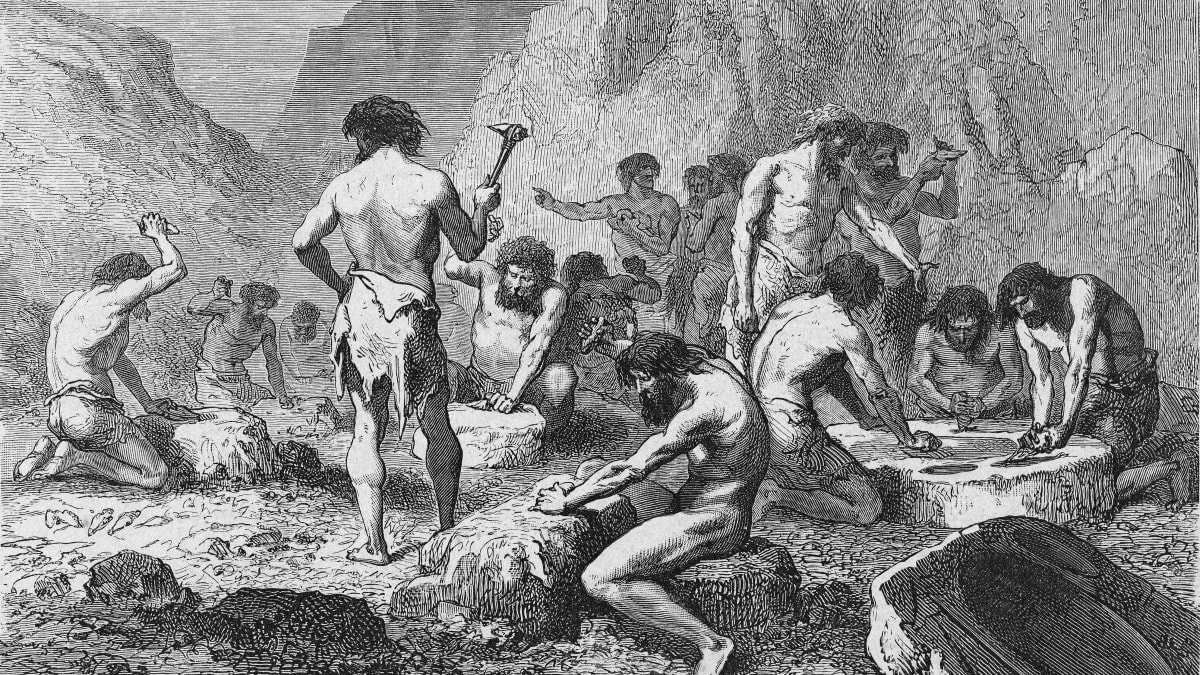
The Old Stone Age | The First Civilizations
In the seventeenth century Archbishop James Ussher (1581-1656) of the Church of England carefully worked out from data given in the Bible what he believed to be the precise date of the creation of the world by God. It was, he said, 4004 B.C. Adding the sixteen hundred or so years since the birth of…
-
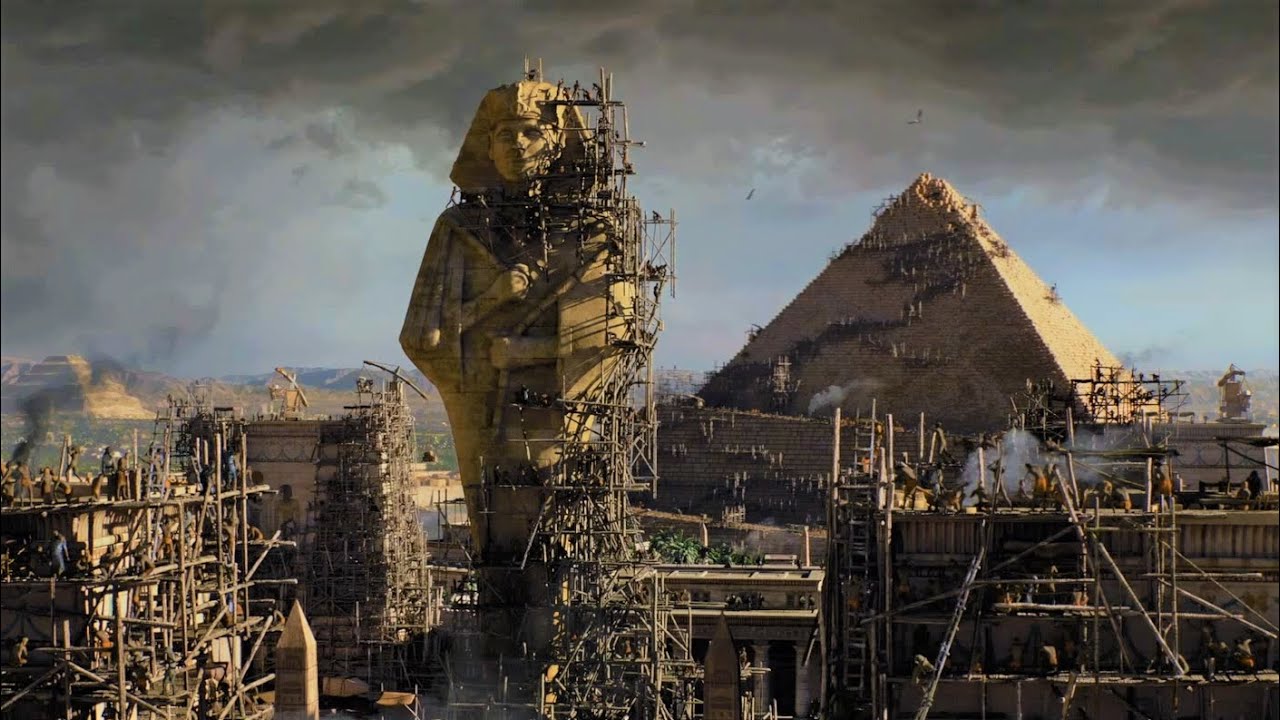
History and Prehistory | The First Civilizations
It may seem strange that our concepts of the distant past are changing much faster than our concepts of the periods closer to us in time. But when we consider the means by which we know about the past, we can quickly see that this is entirely natural.
-
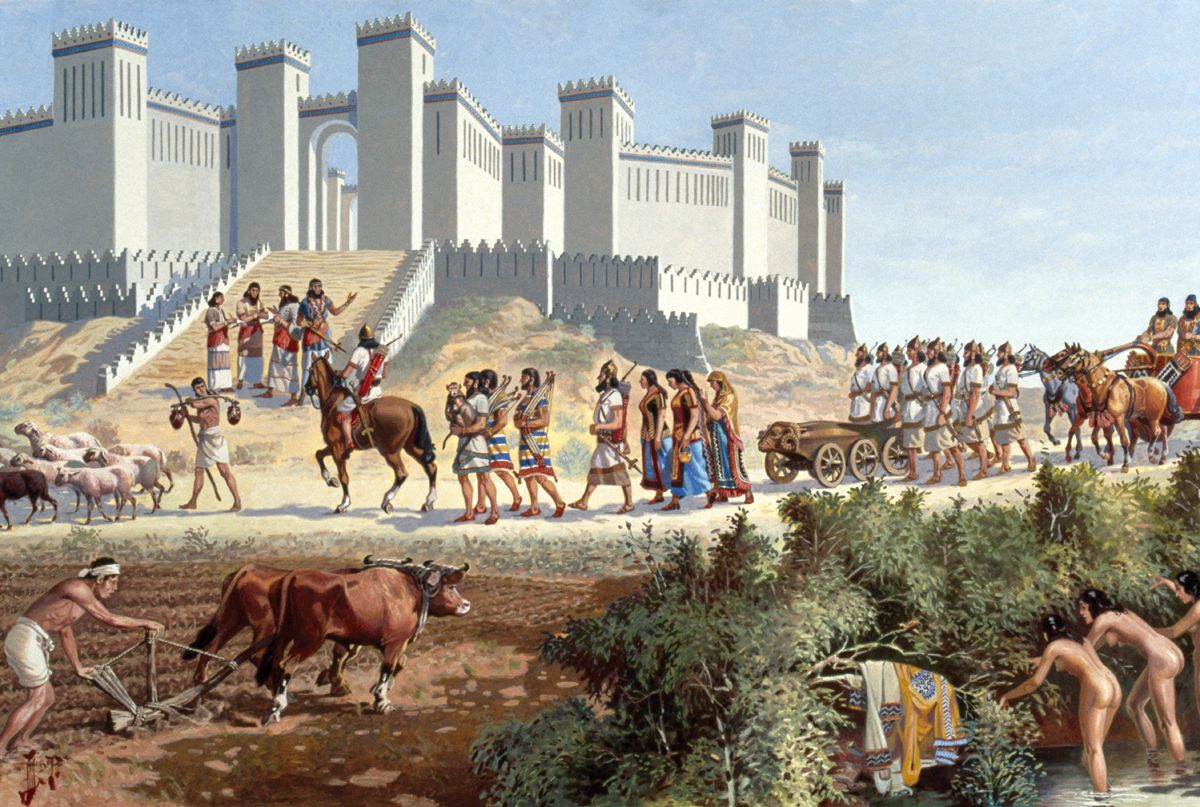
The First Civilizations
Within the last fifty years, Archeology has revolutionized what we know about the remote past of our earth and the people who live on it. Discoveries continue at a rapid pace. In the 1950s and 1960s no one could have made many of the major statements in this page. Soon enough, our successors will have…
-
Despots and Condottieri in Italy, 1268-1513
In Italy the medieval struggle between popes and emperors had promoted the growth of independent communes or city-states, particularly in northern Italy. In the twelfth and thirteenth centuries the communes were oligarchic republics. The ruling oligarchies, however, were torn by the strife between the pro-papal Guelfs and the pro- imperial Ghibellines. Meantime, something close to…
A History of Civilization
